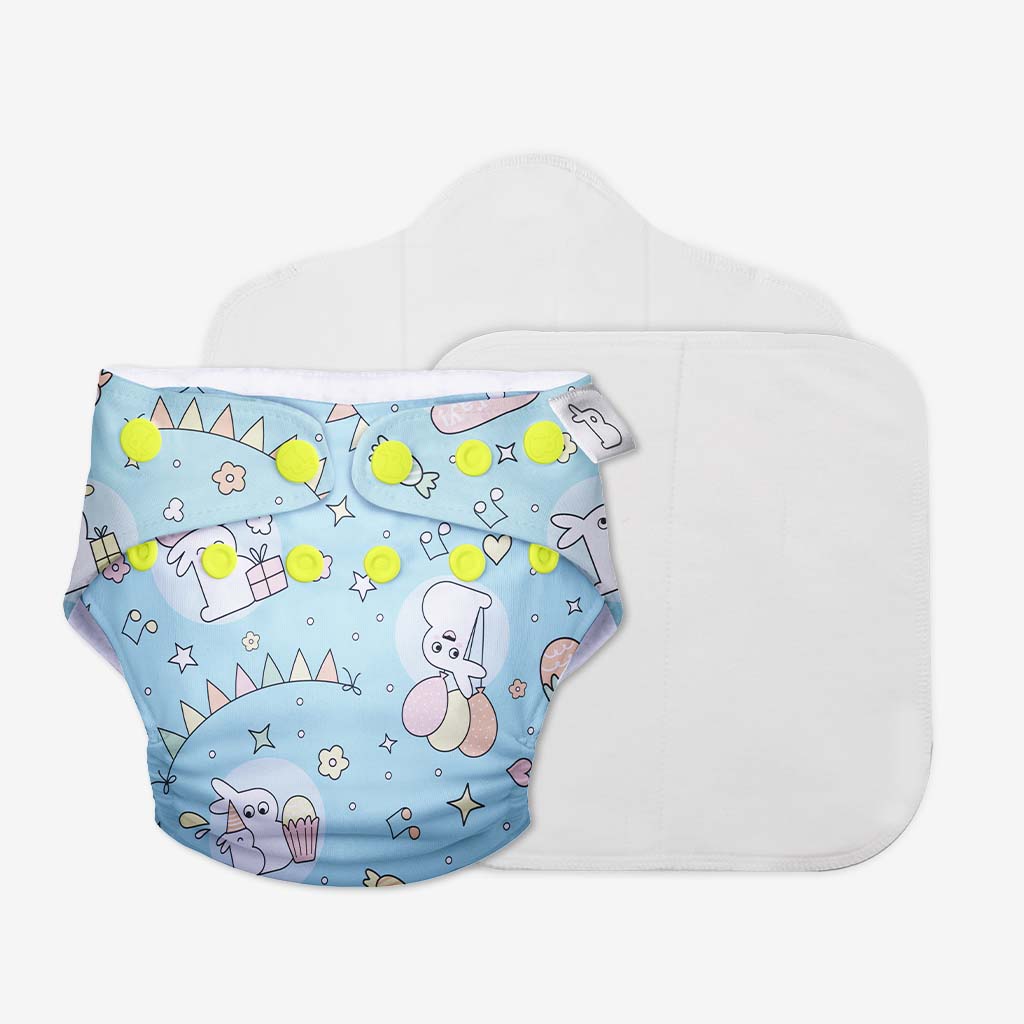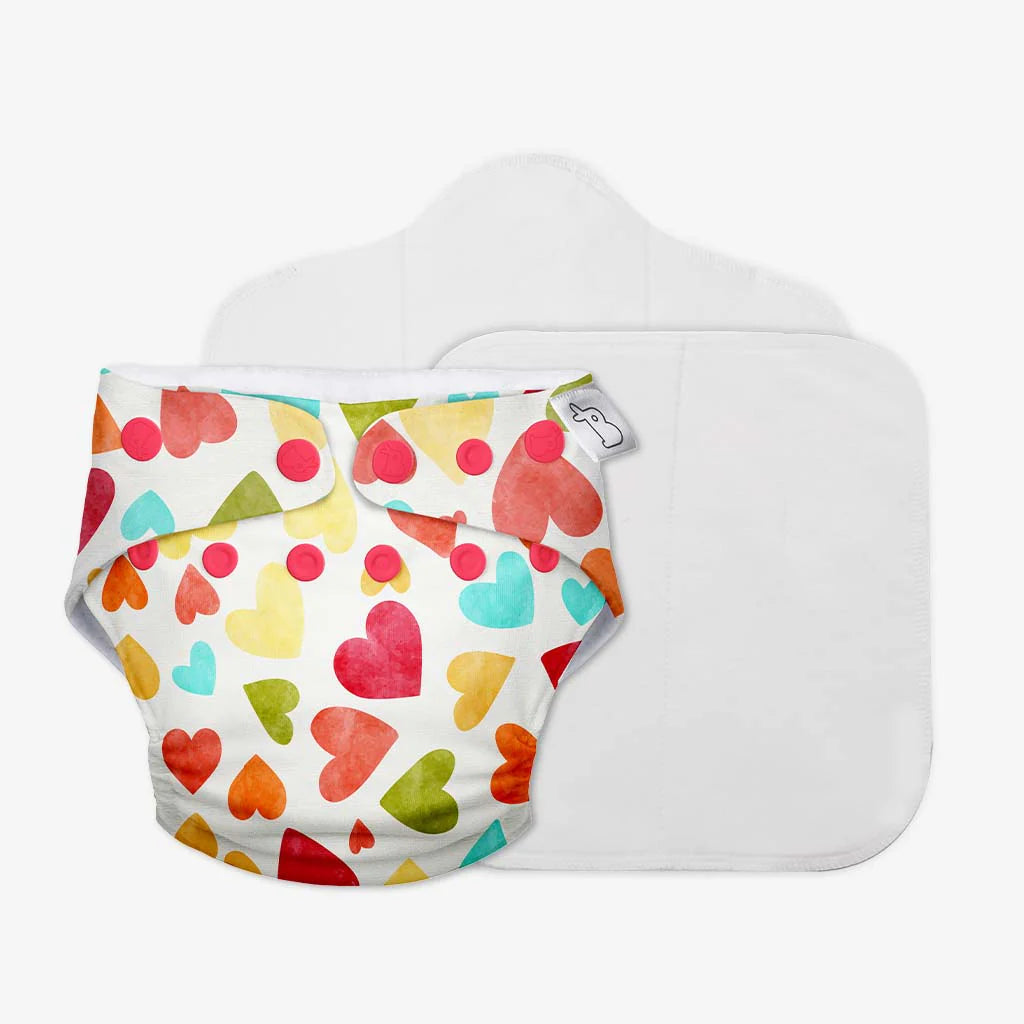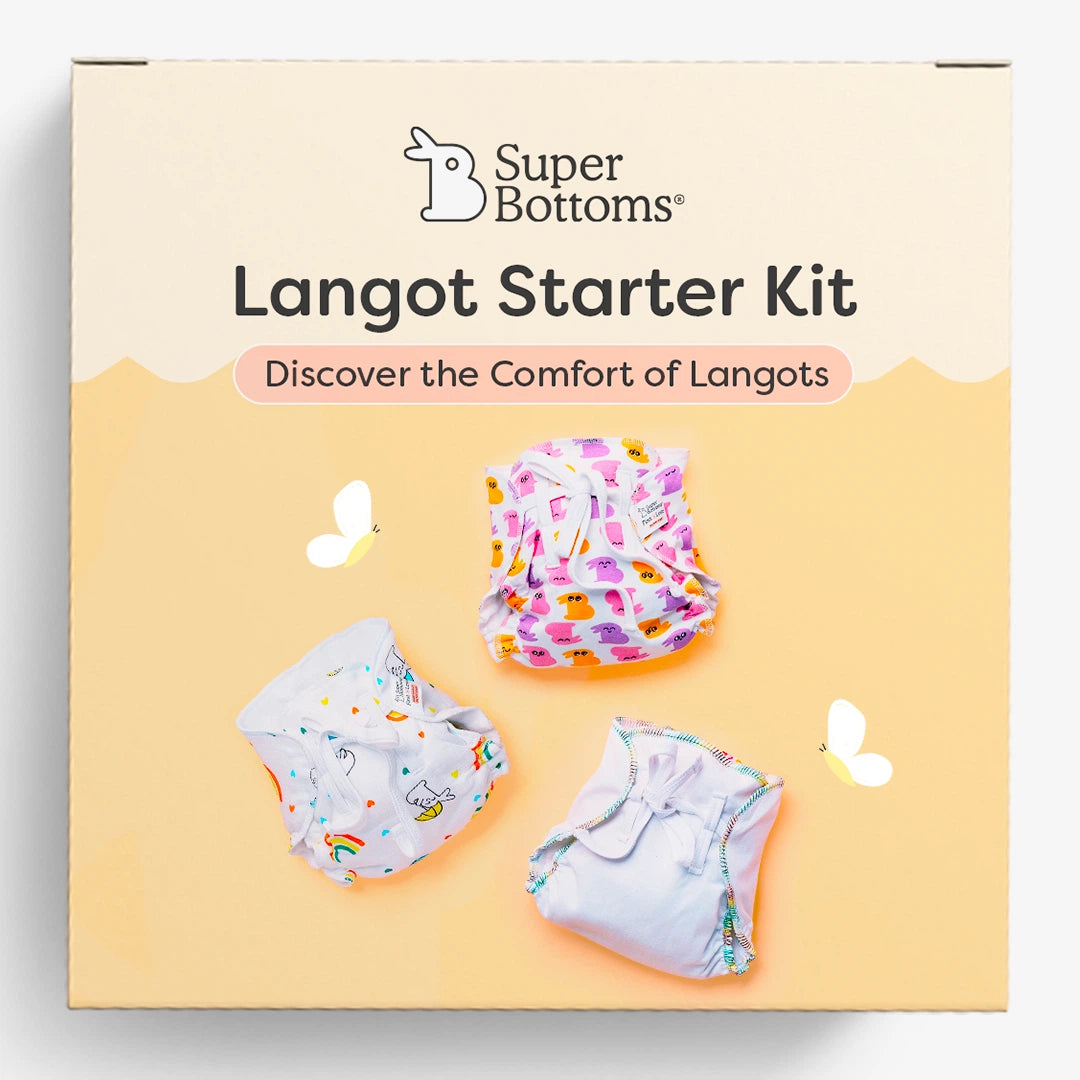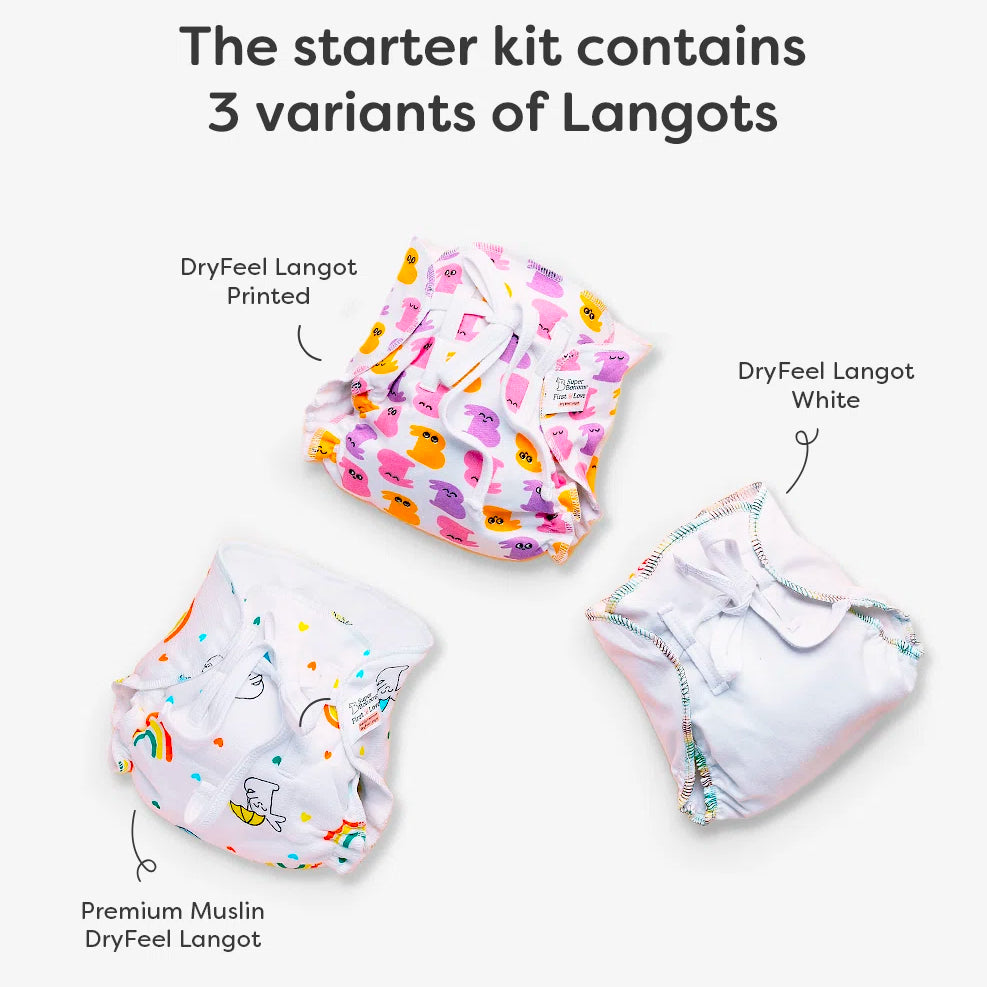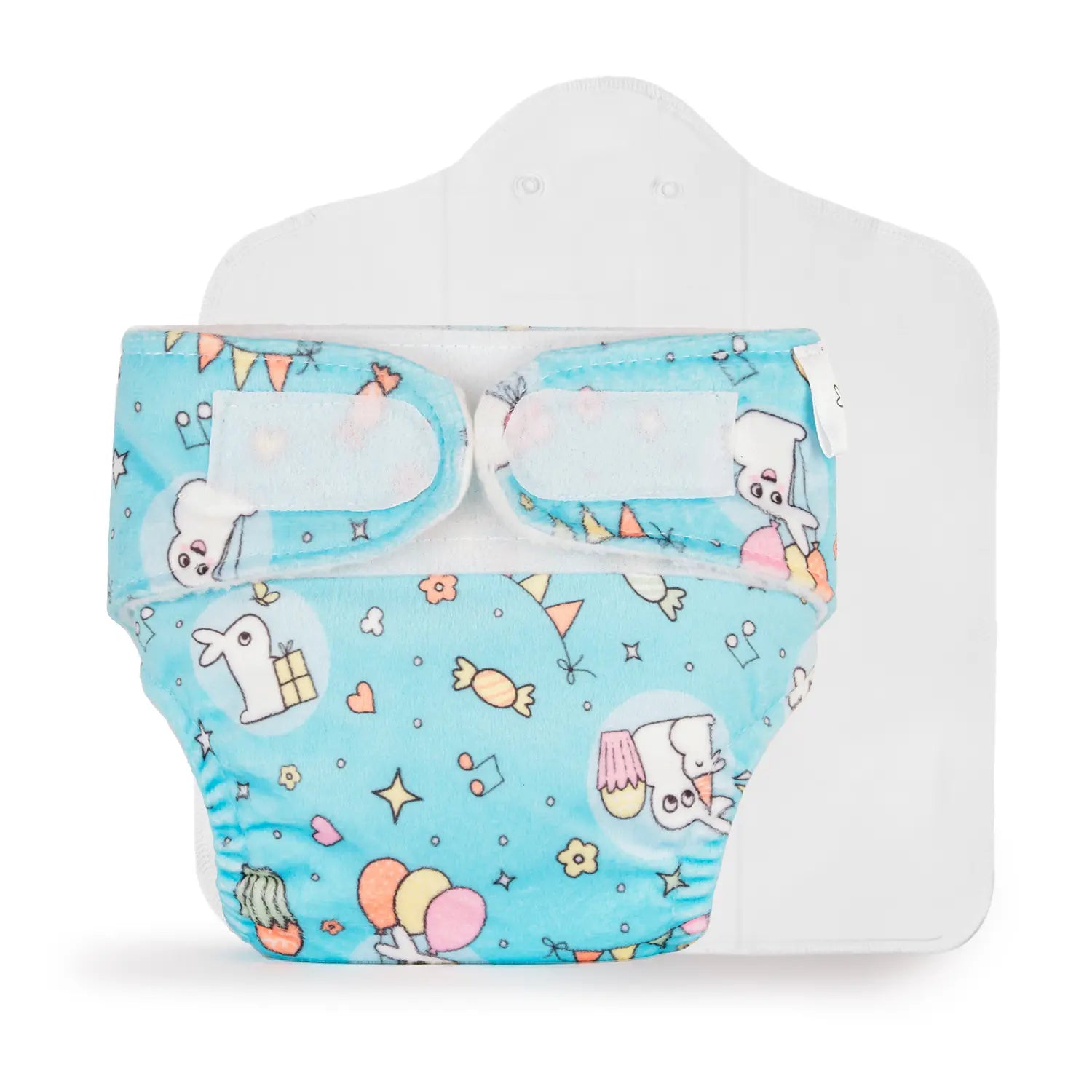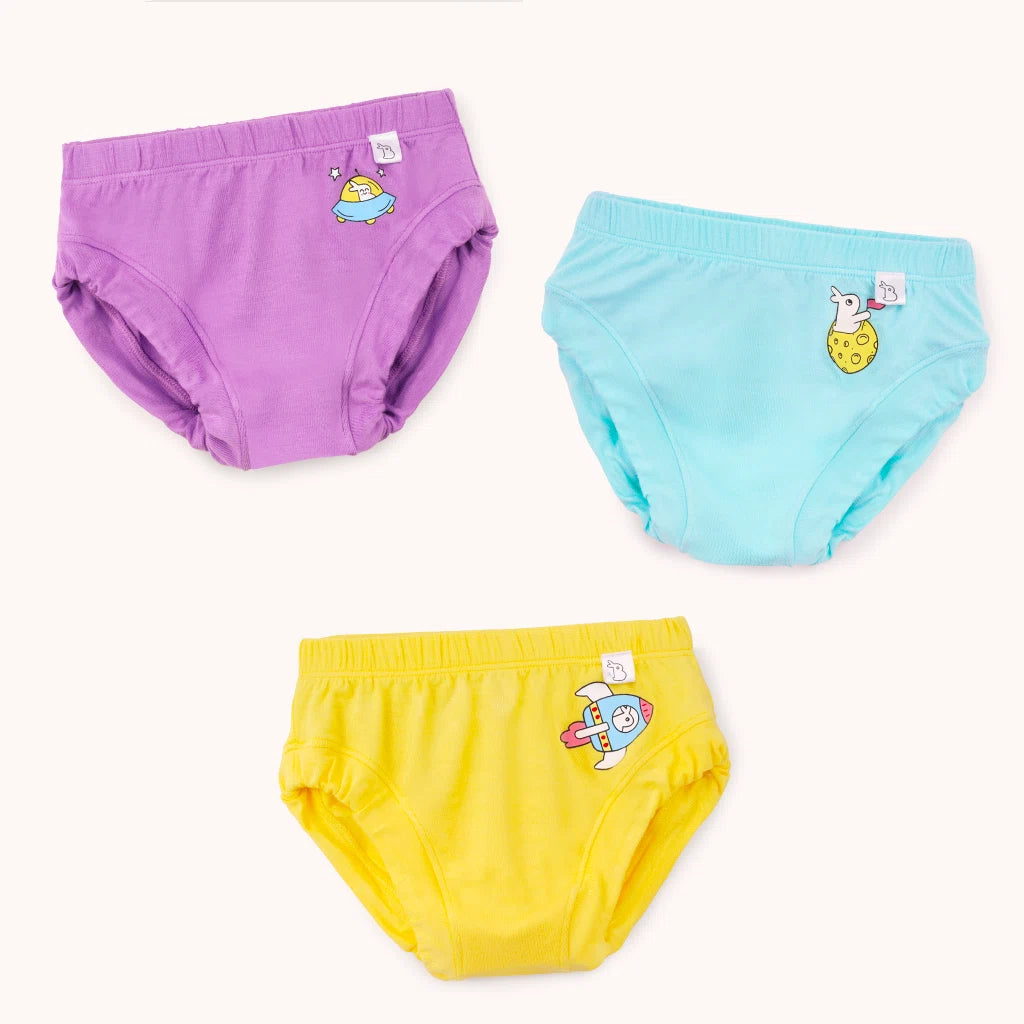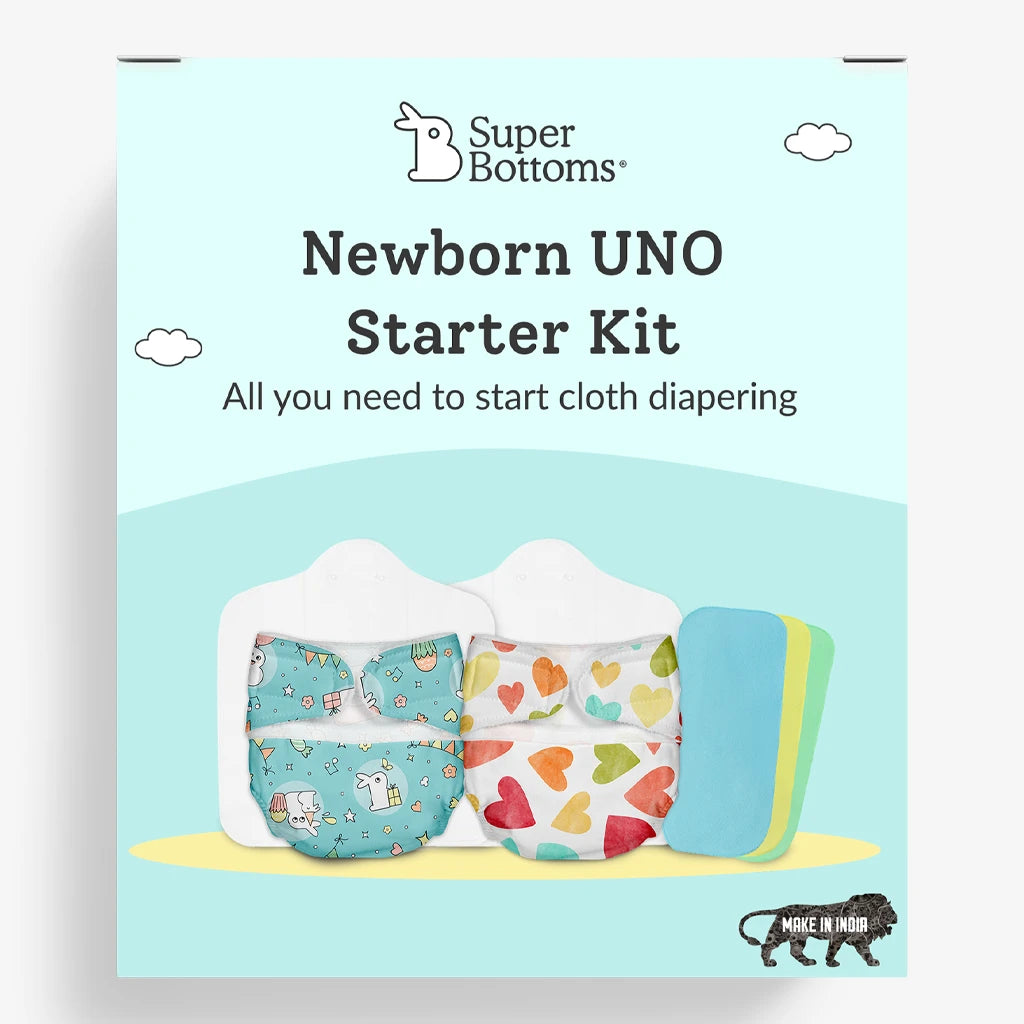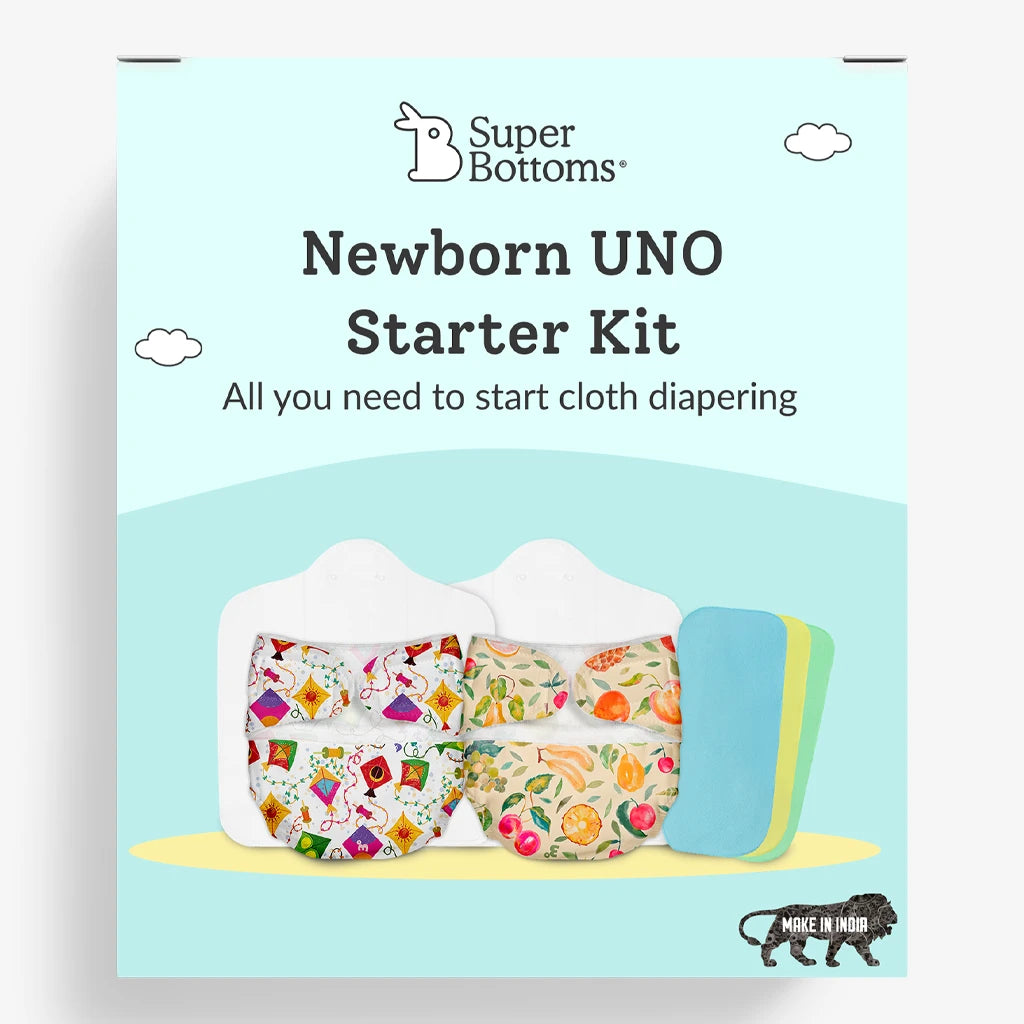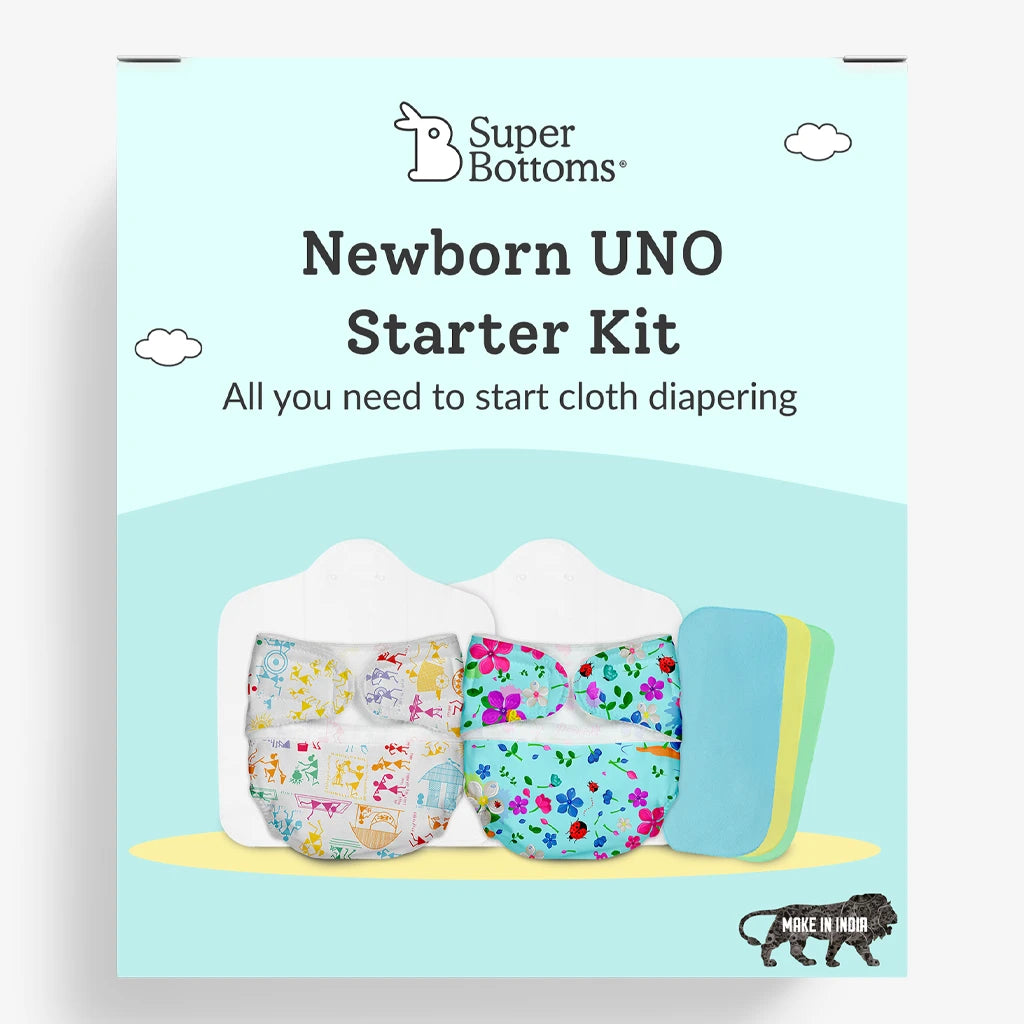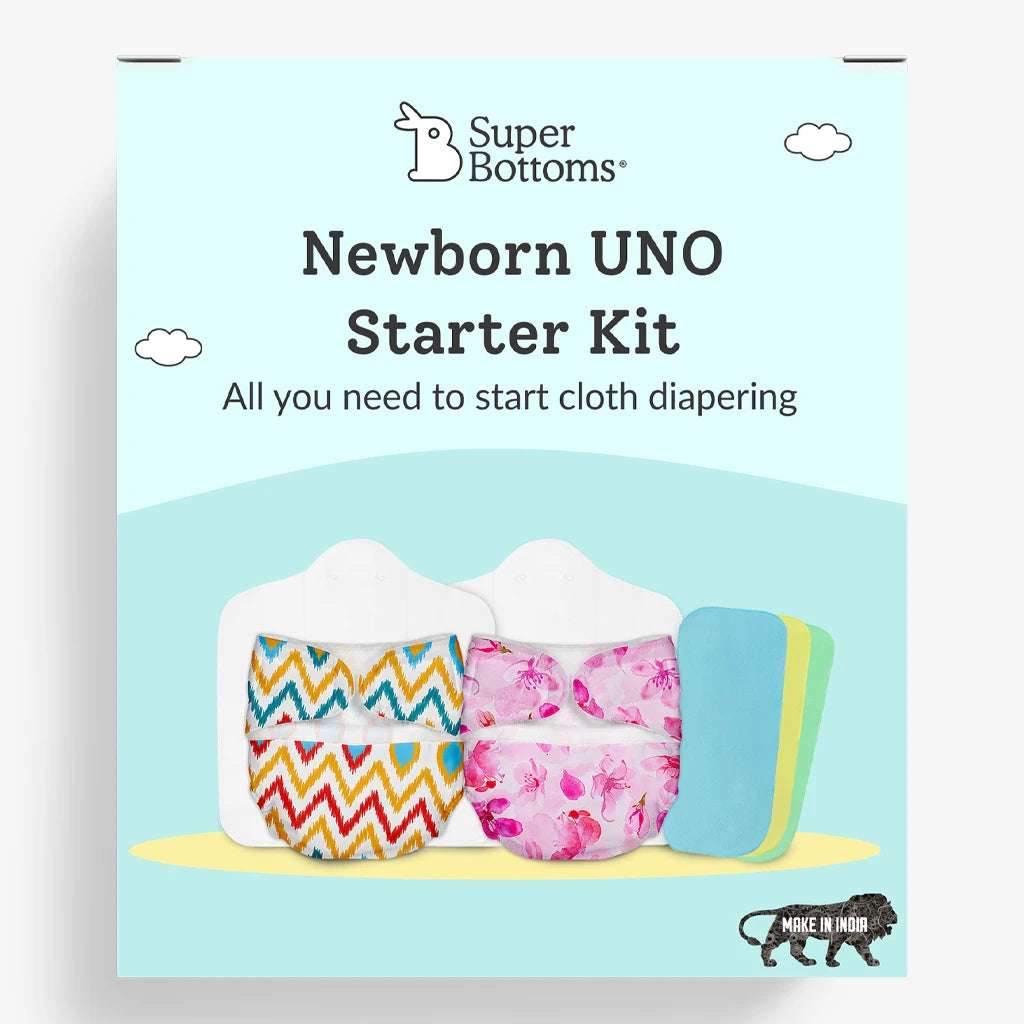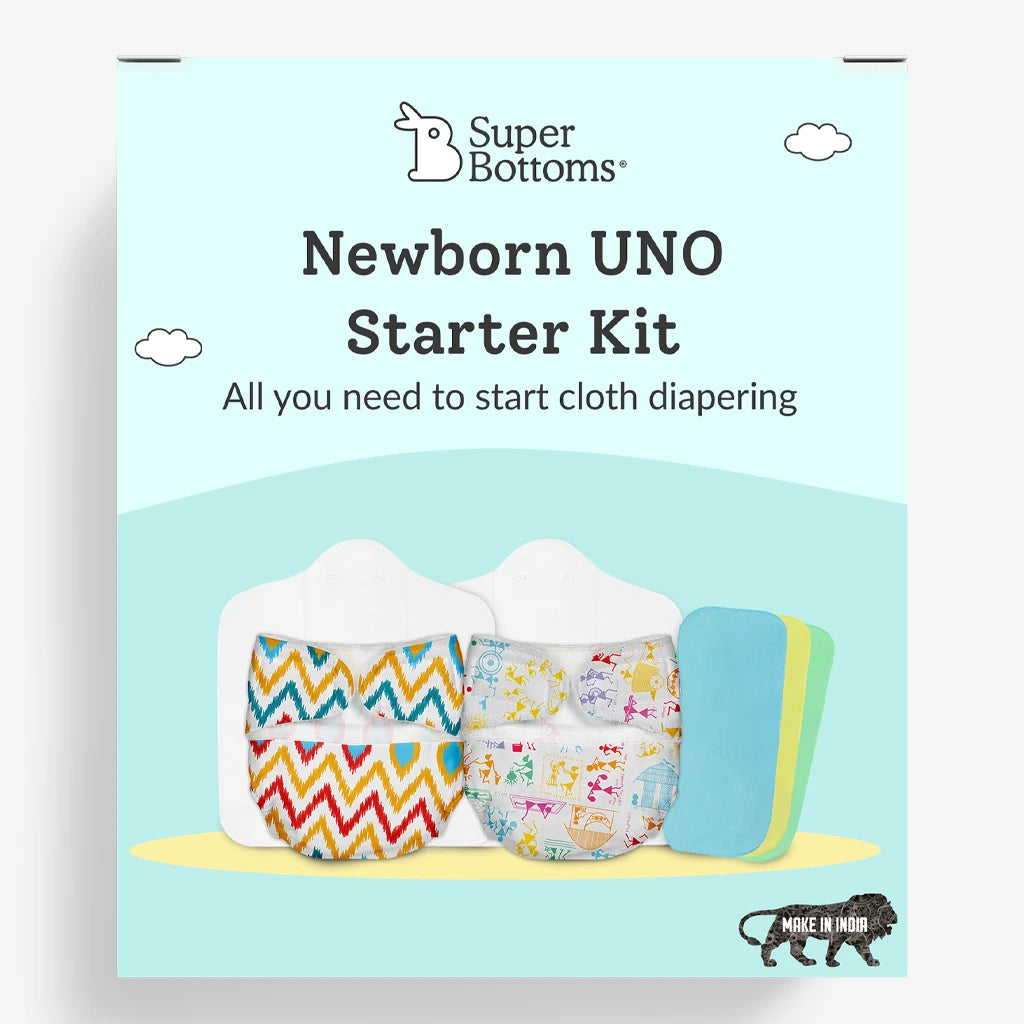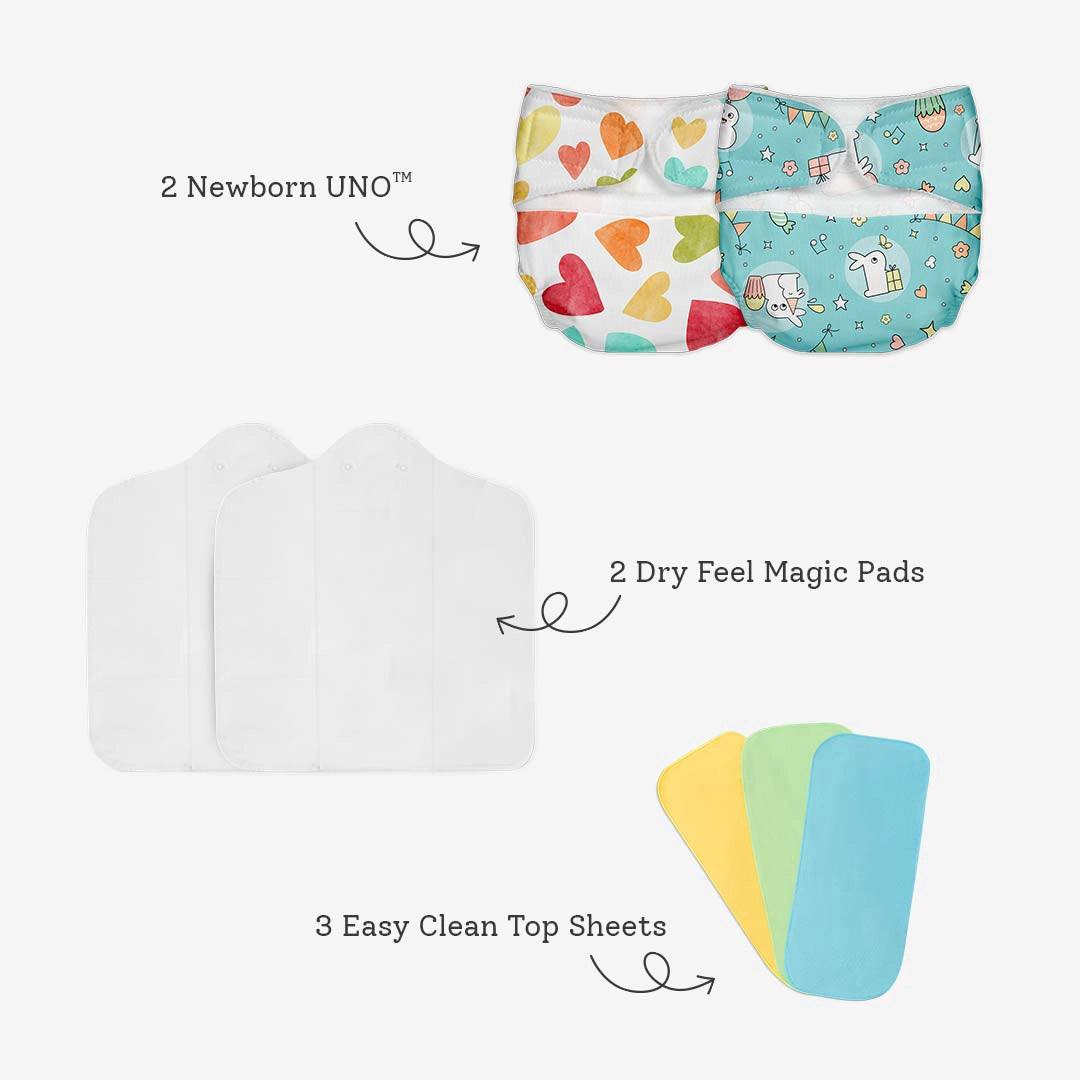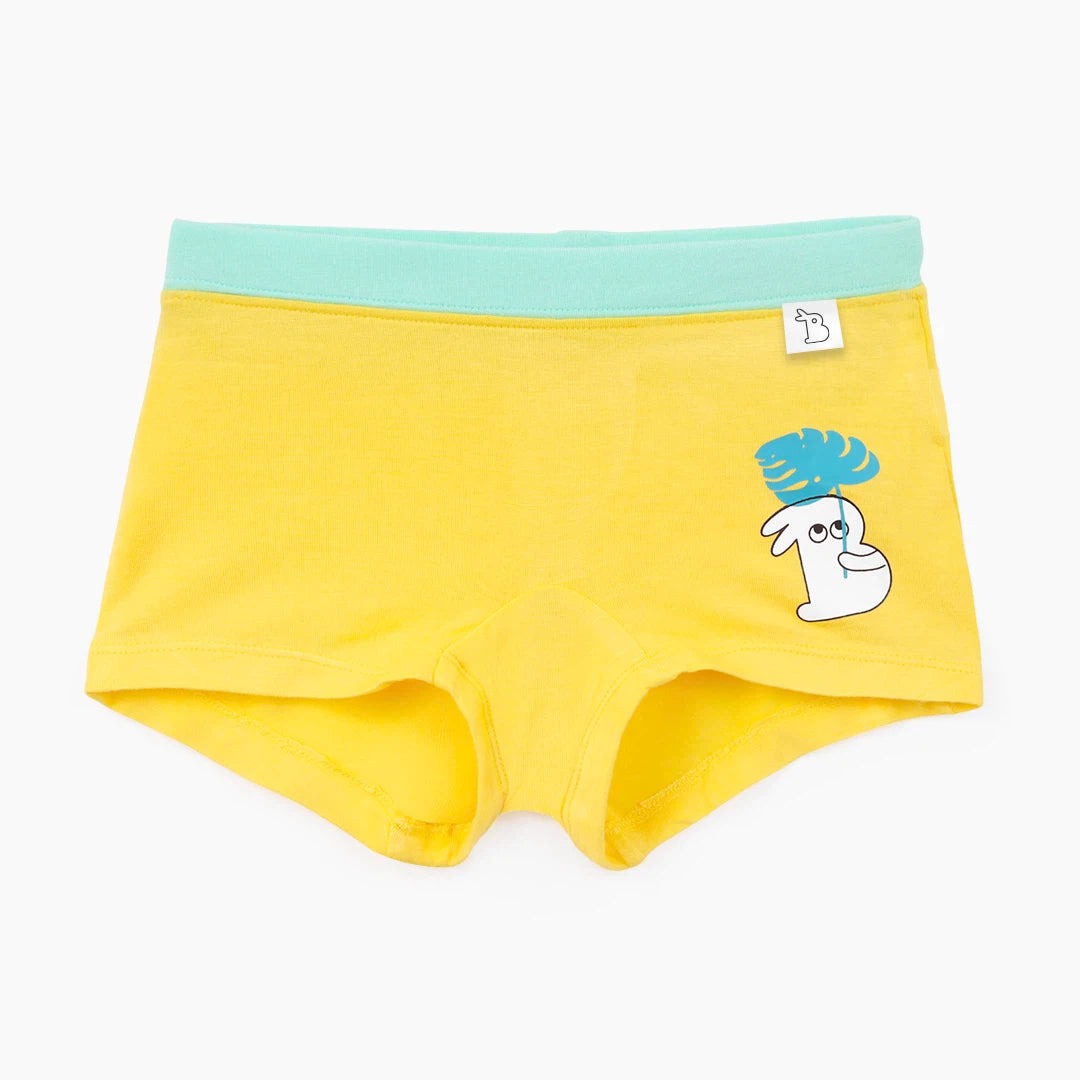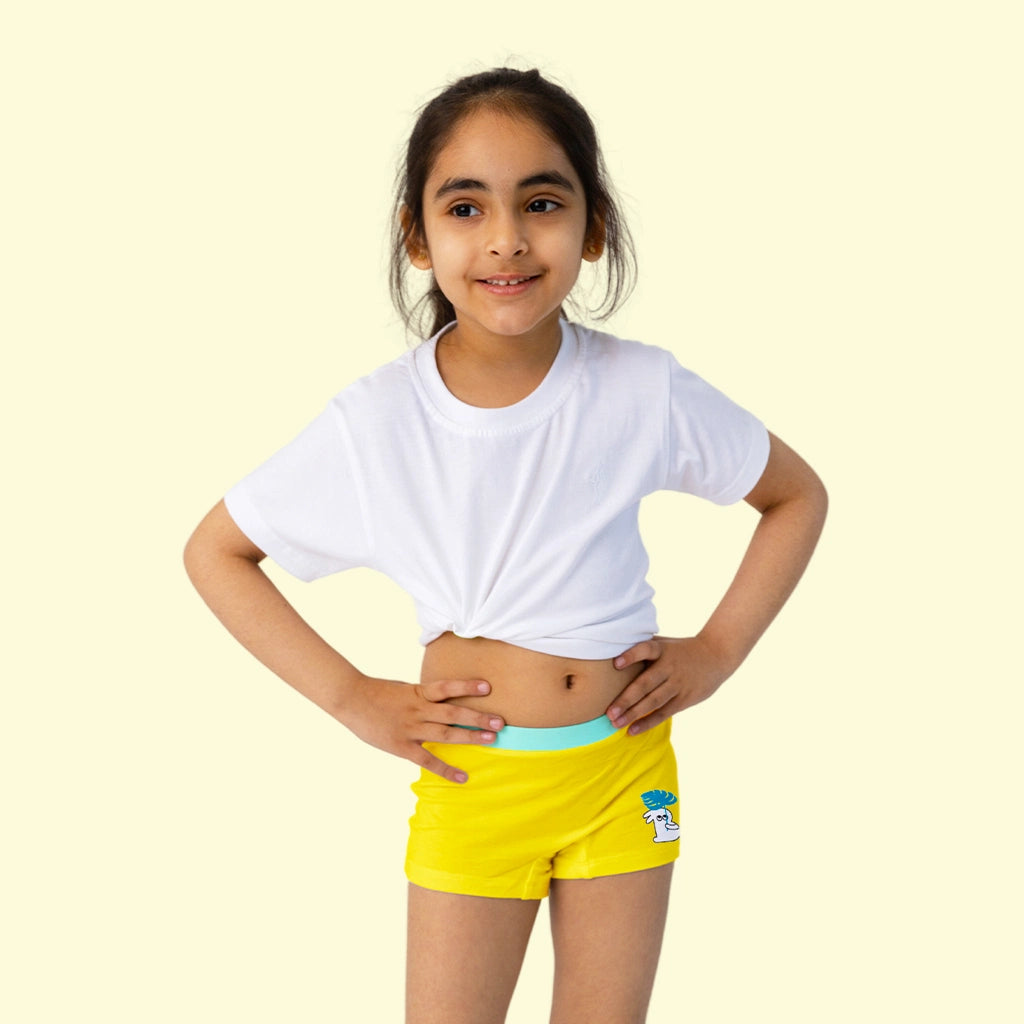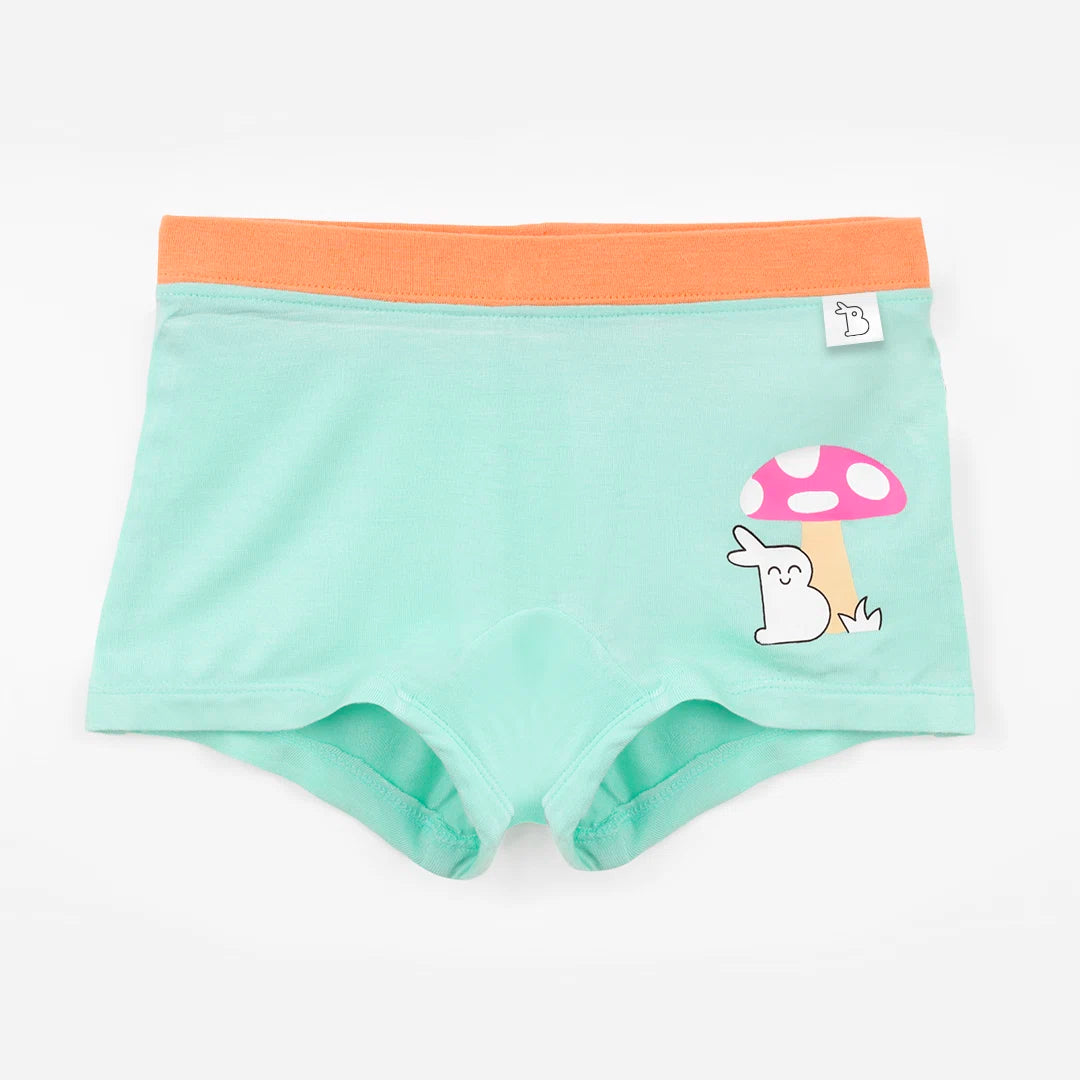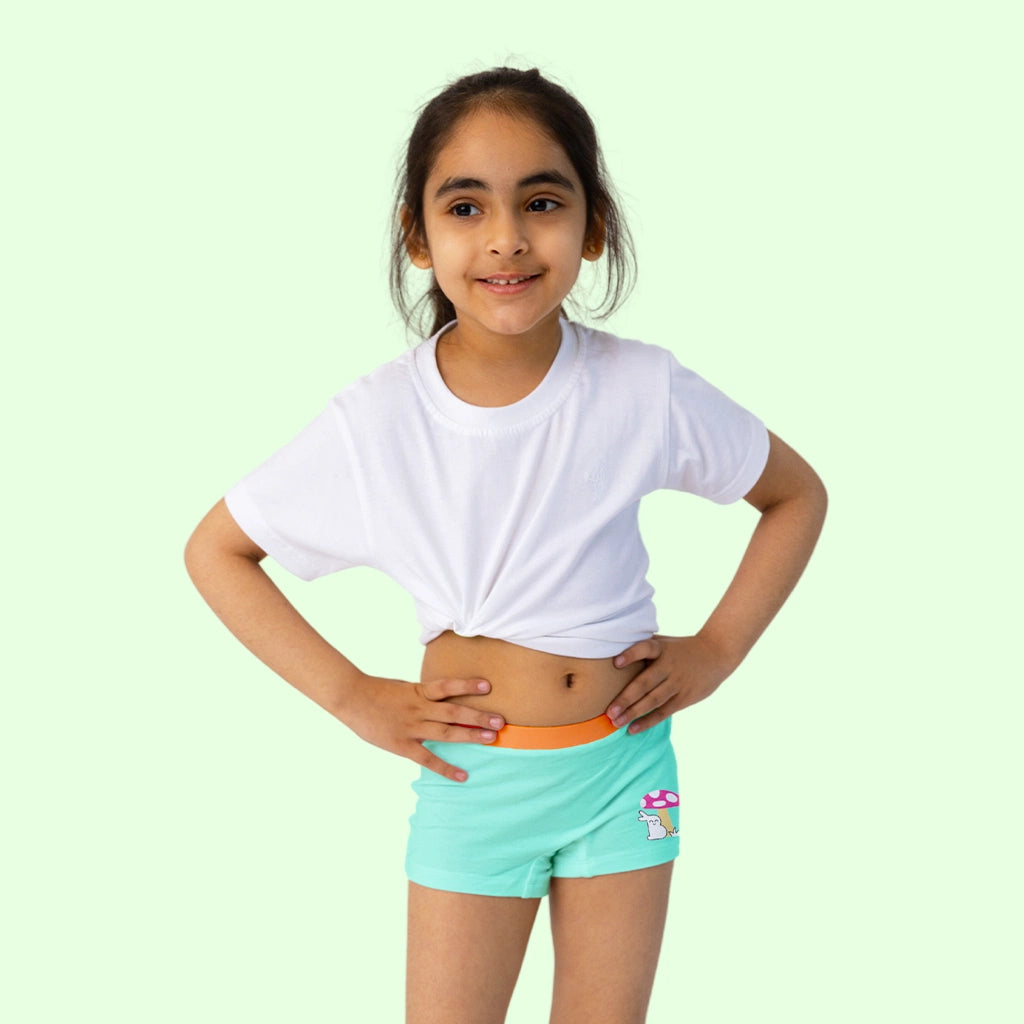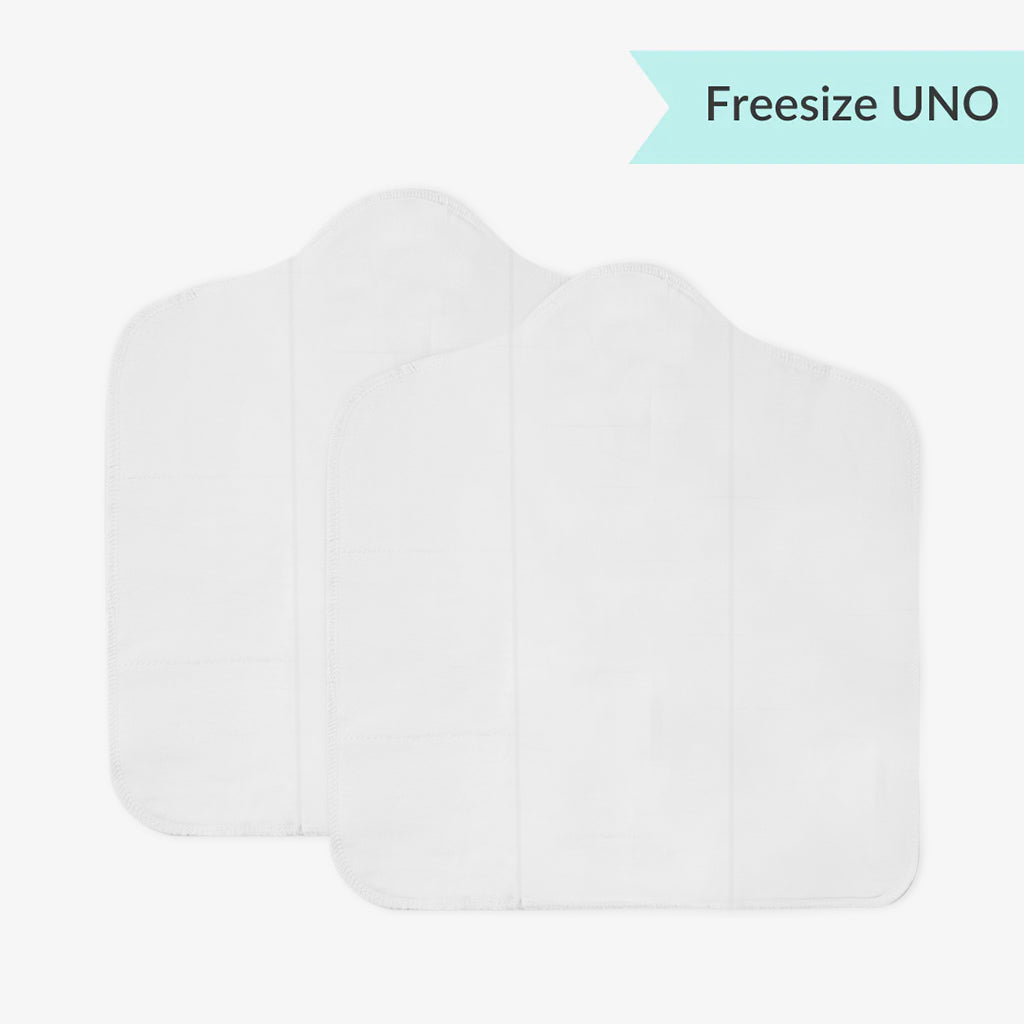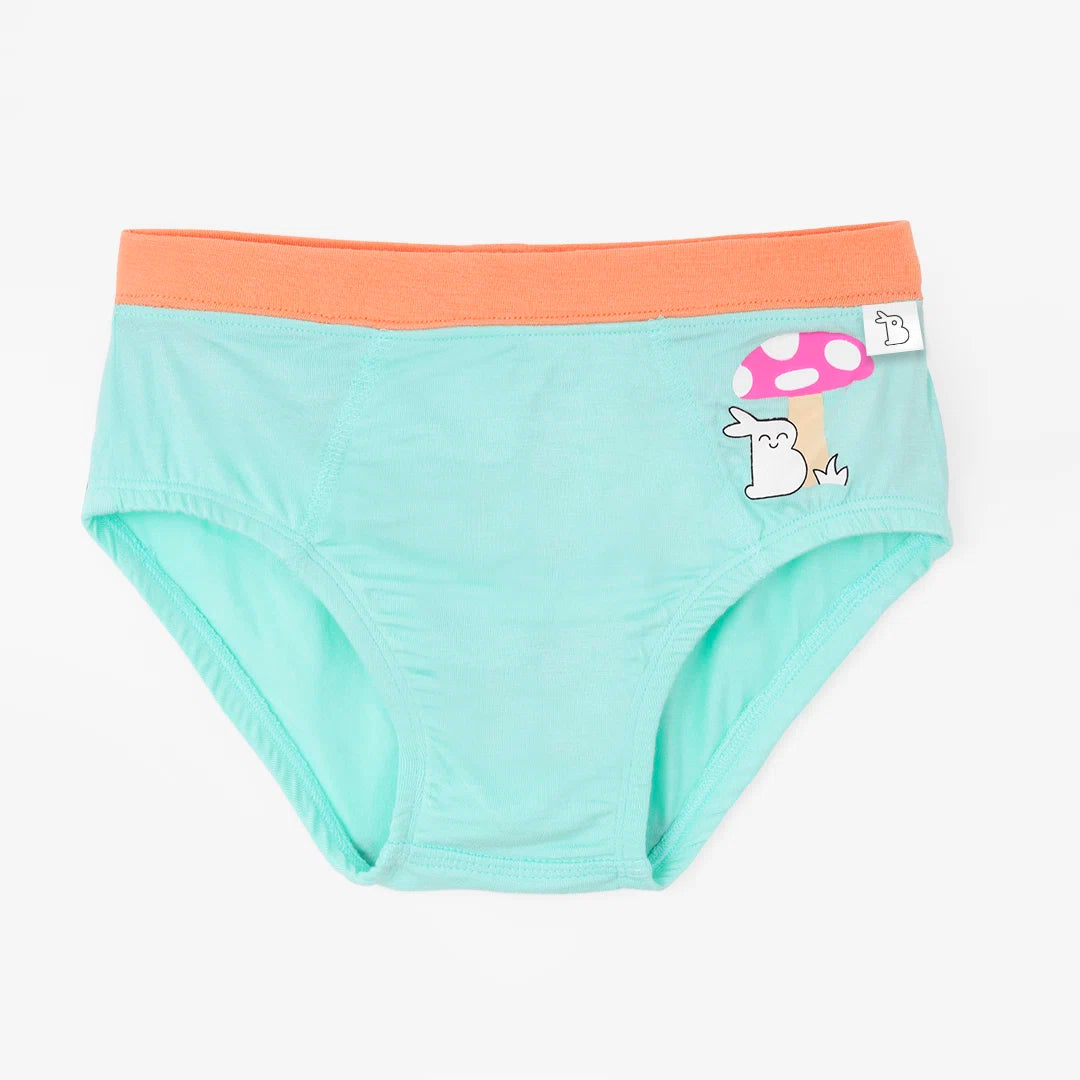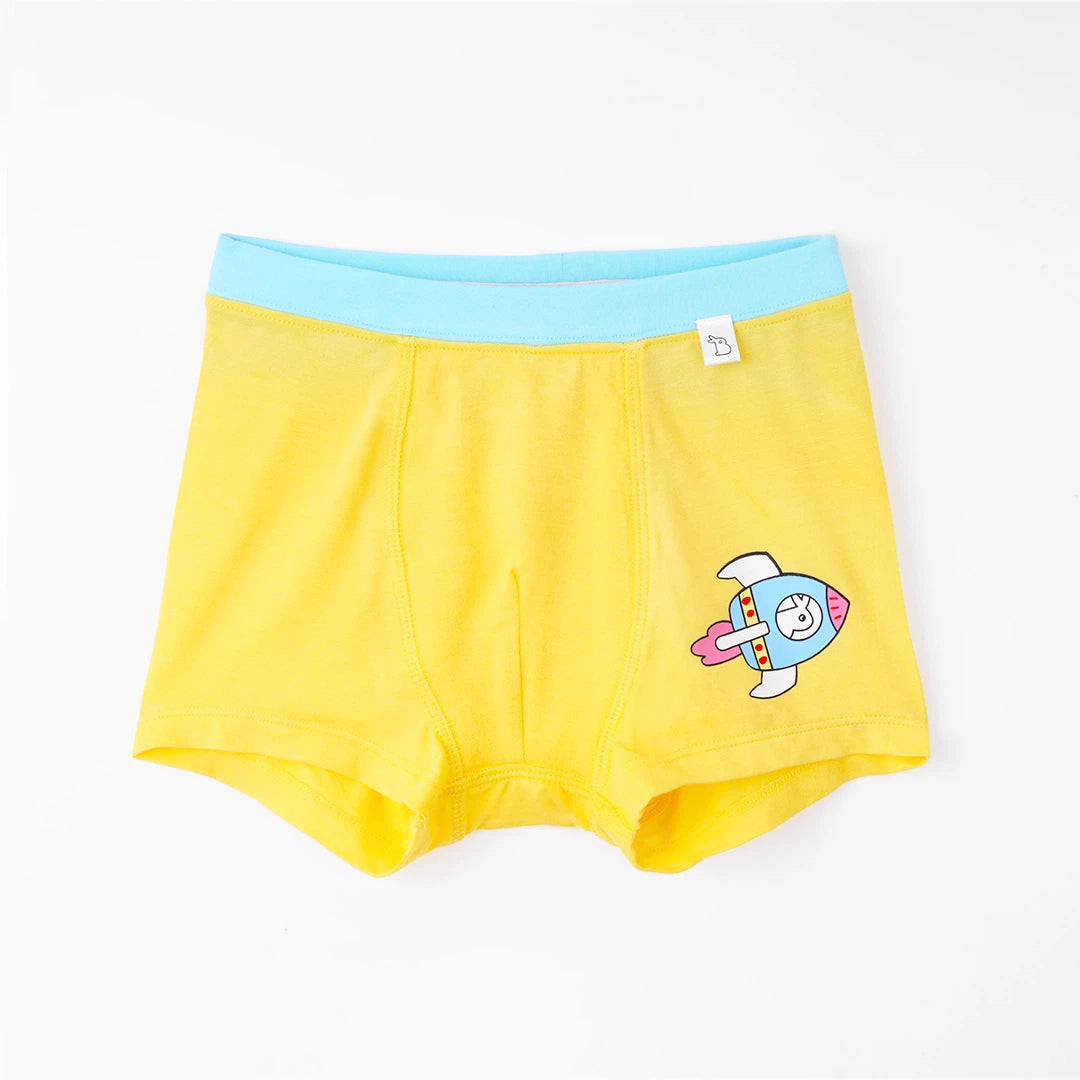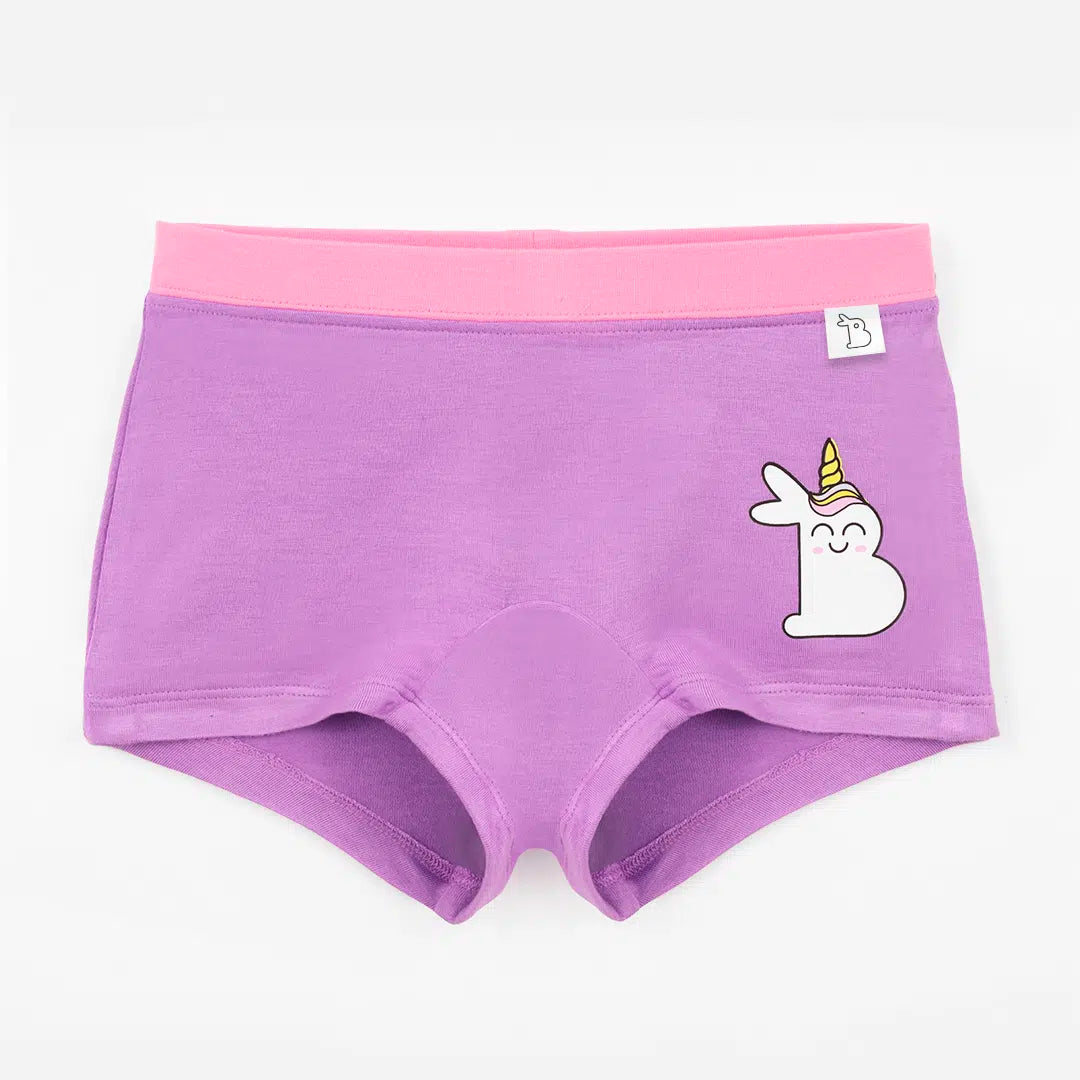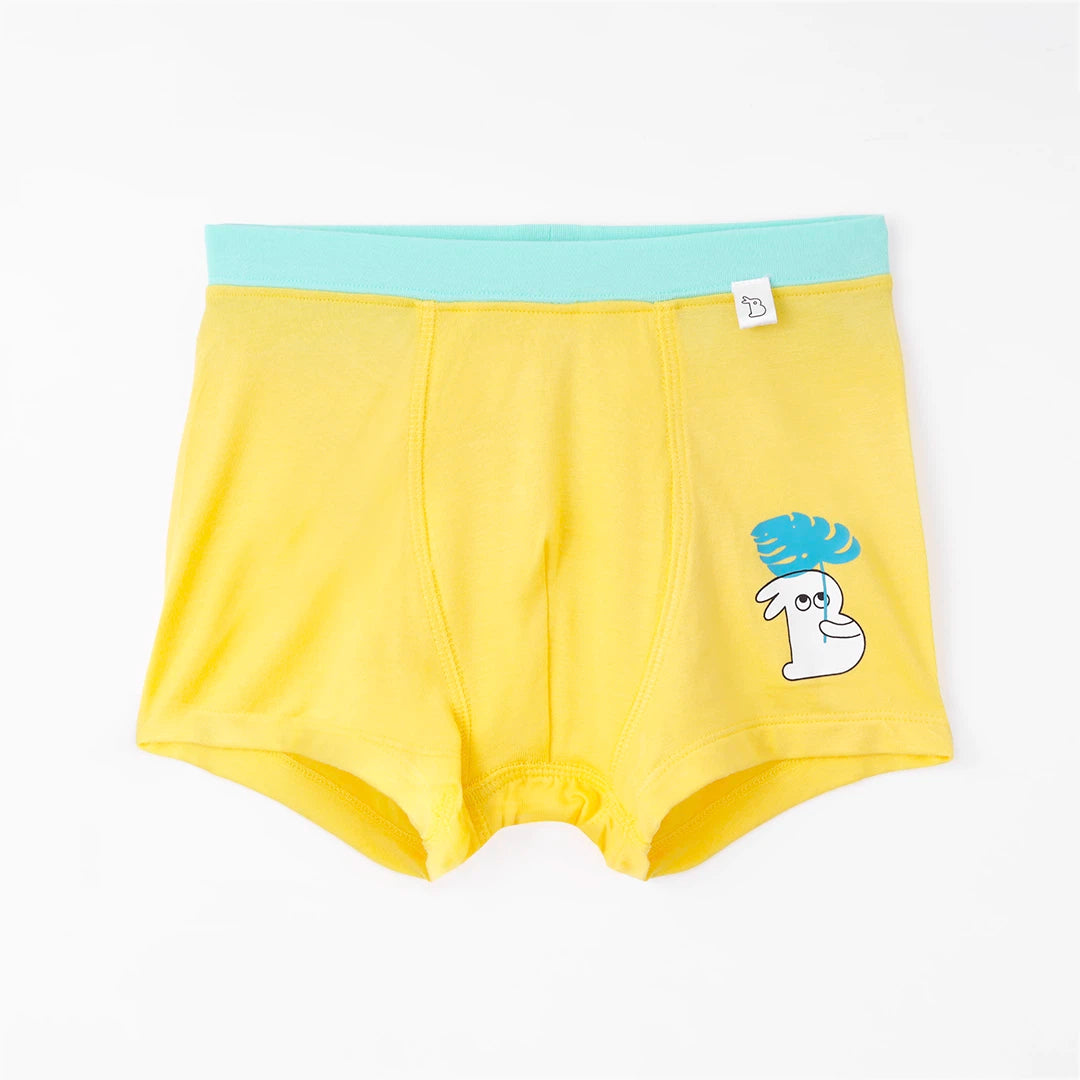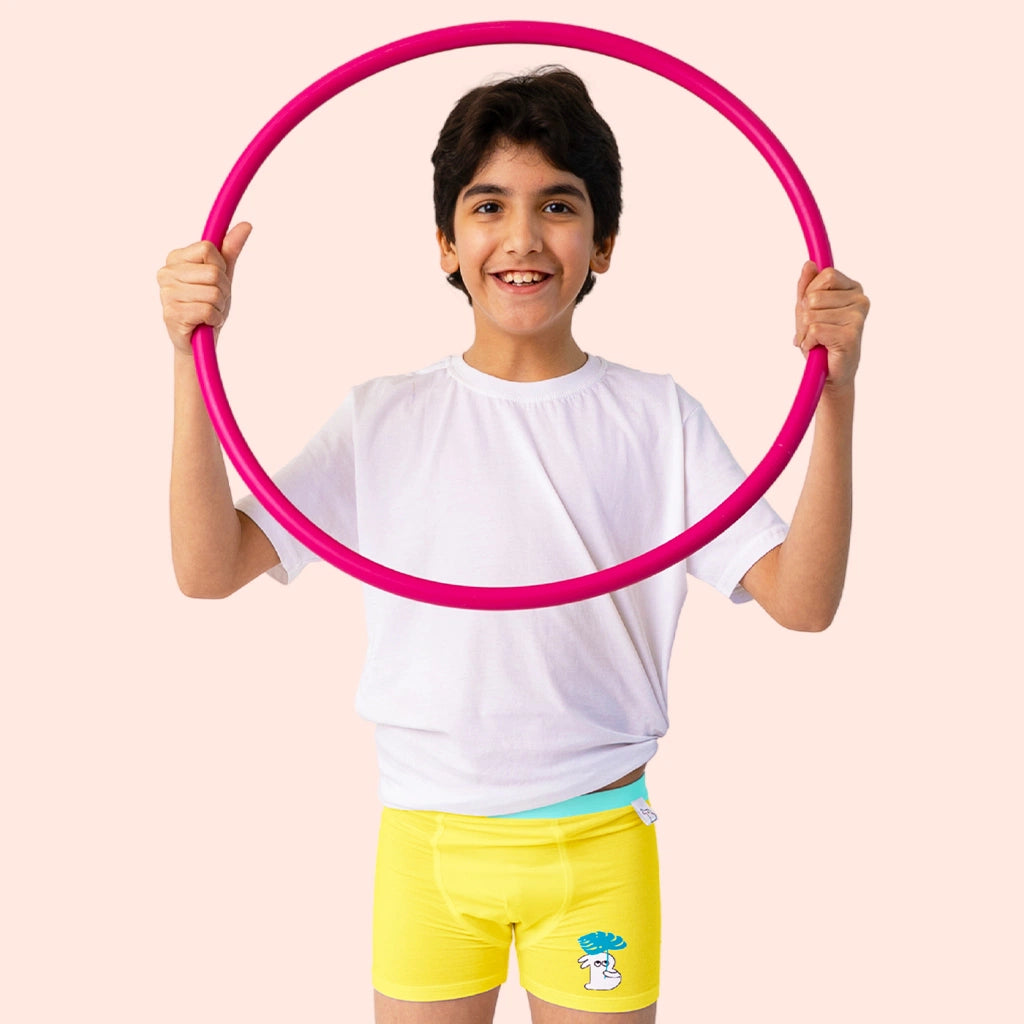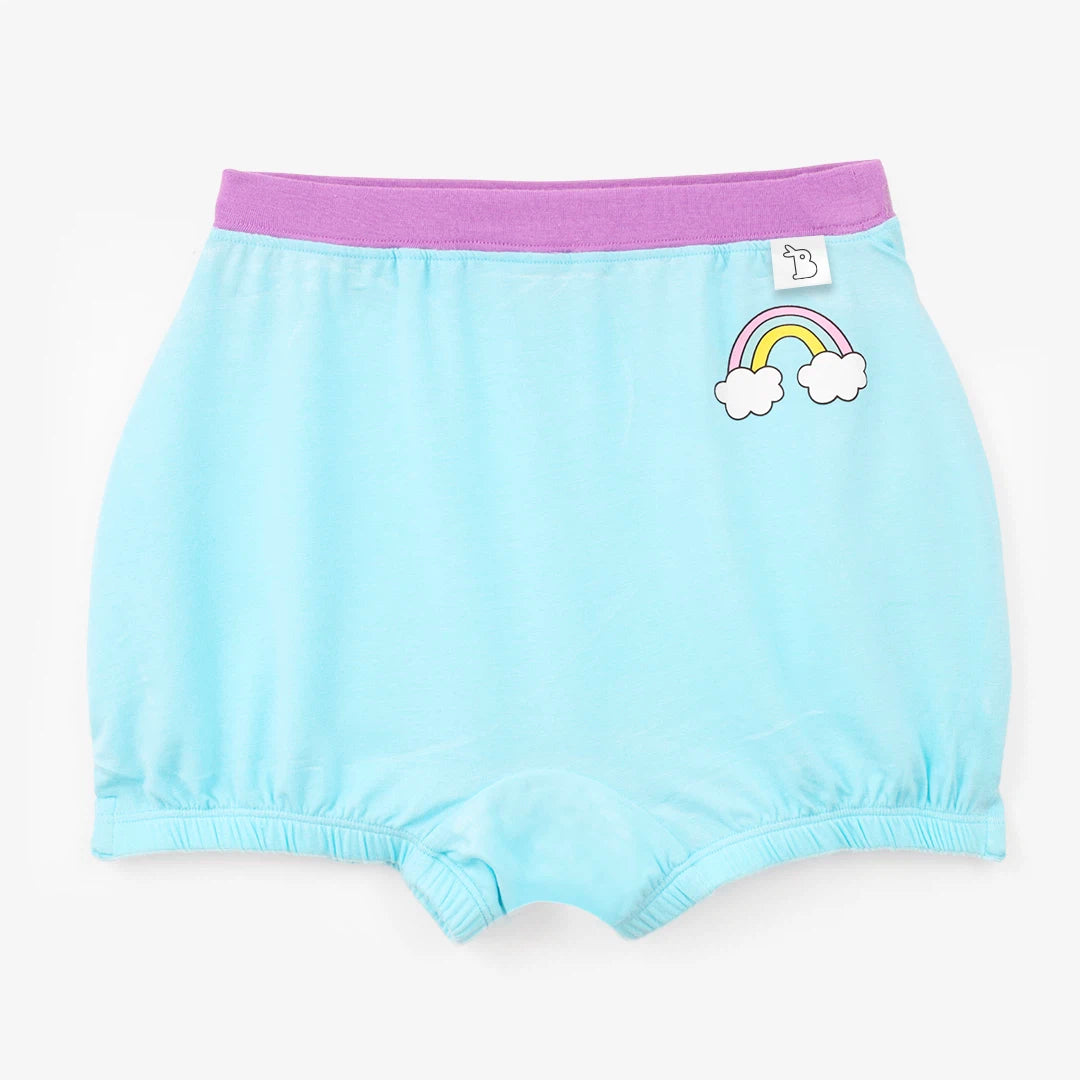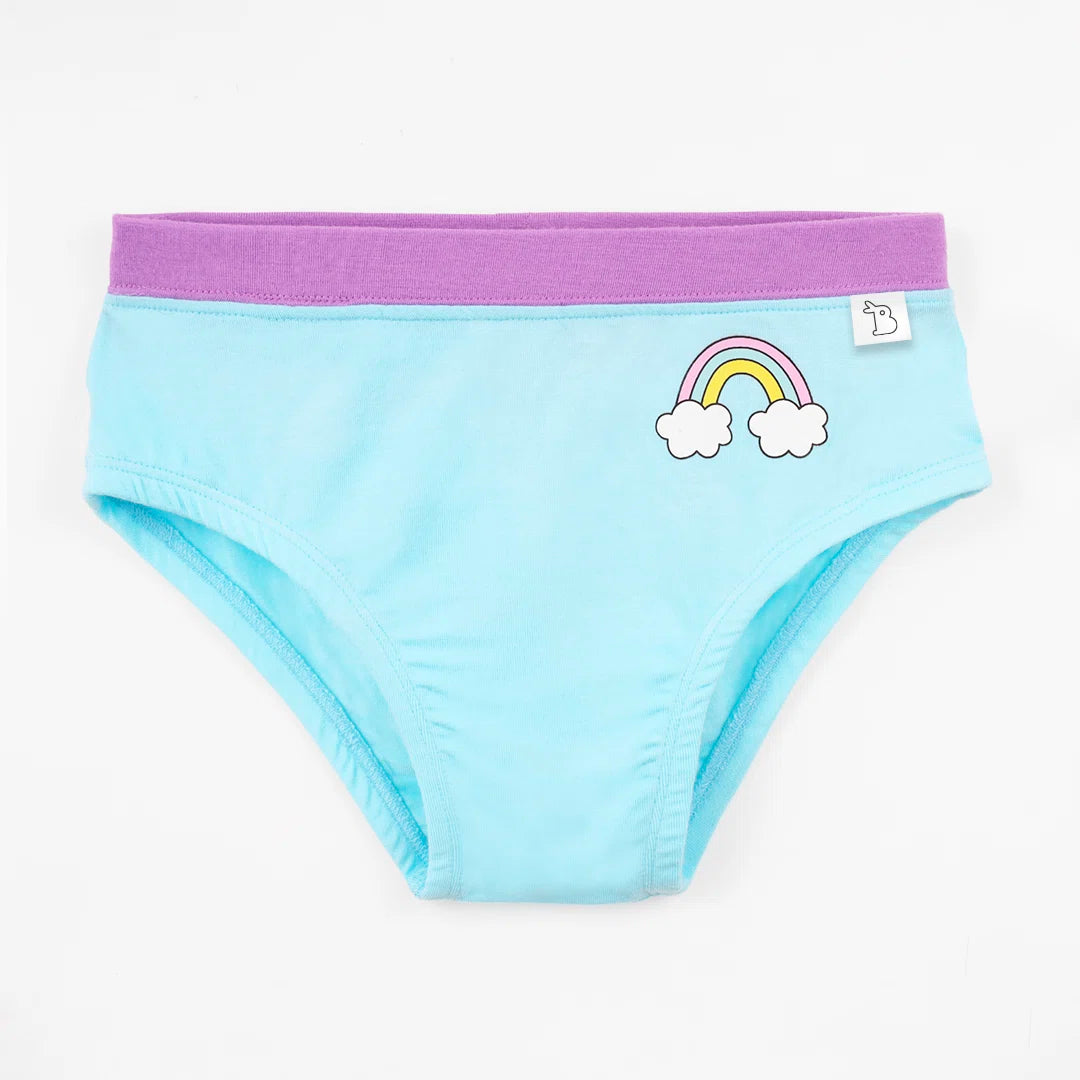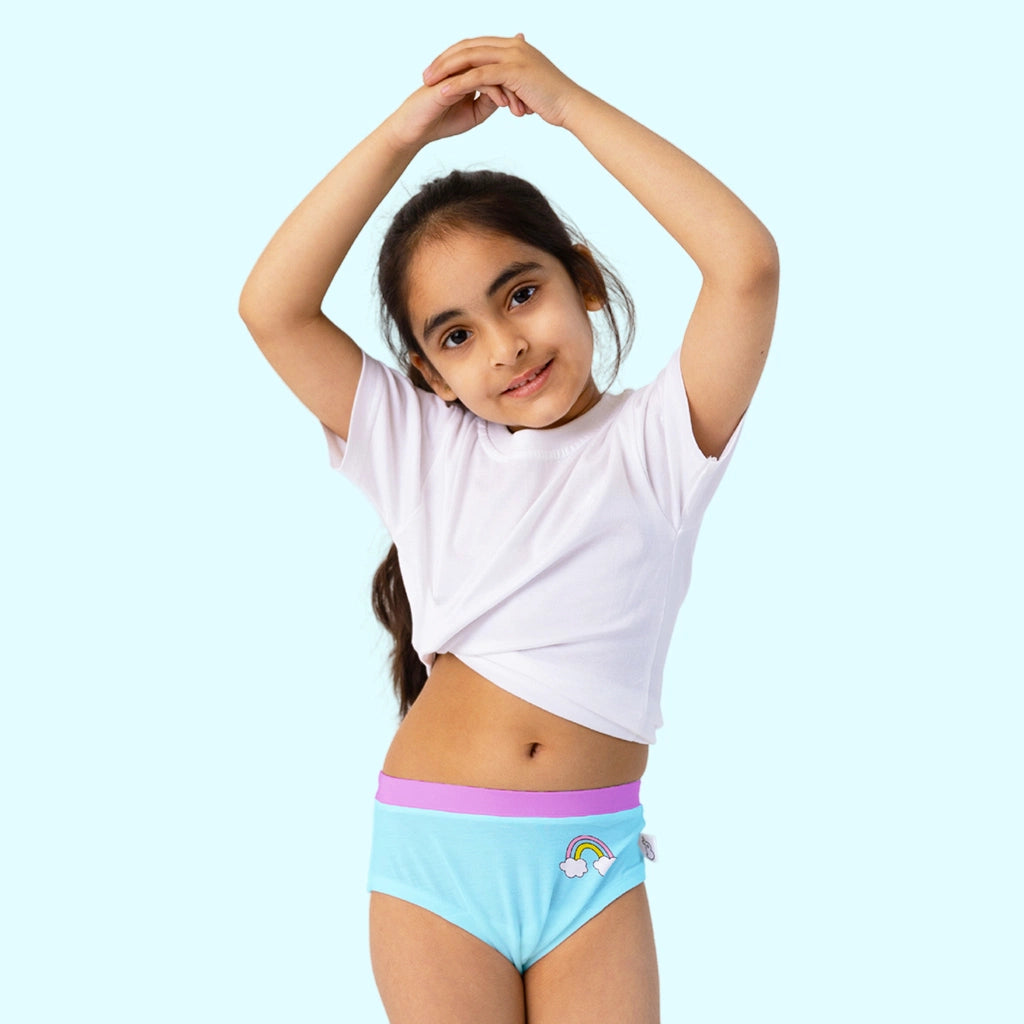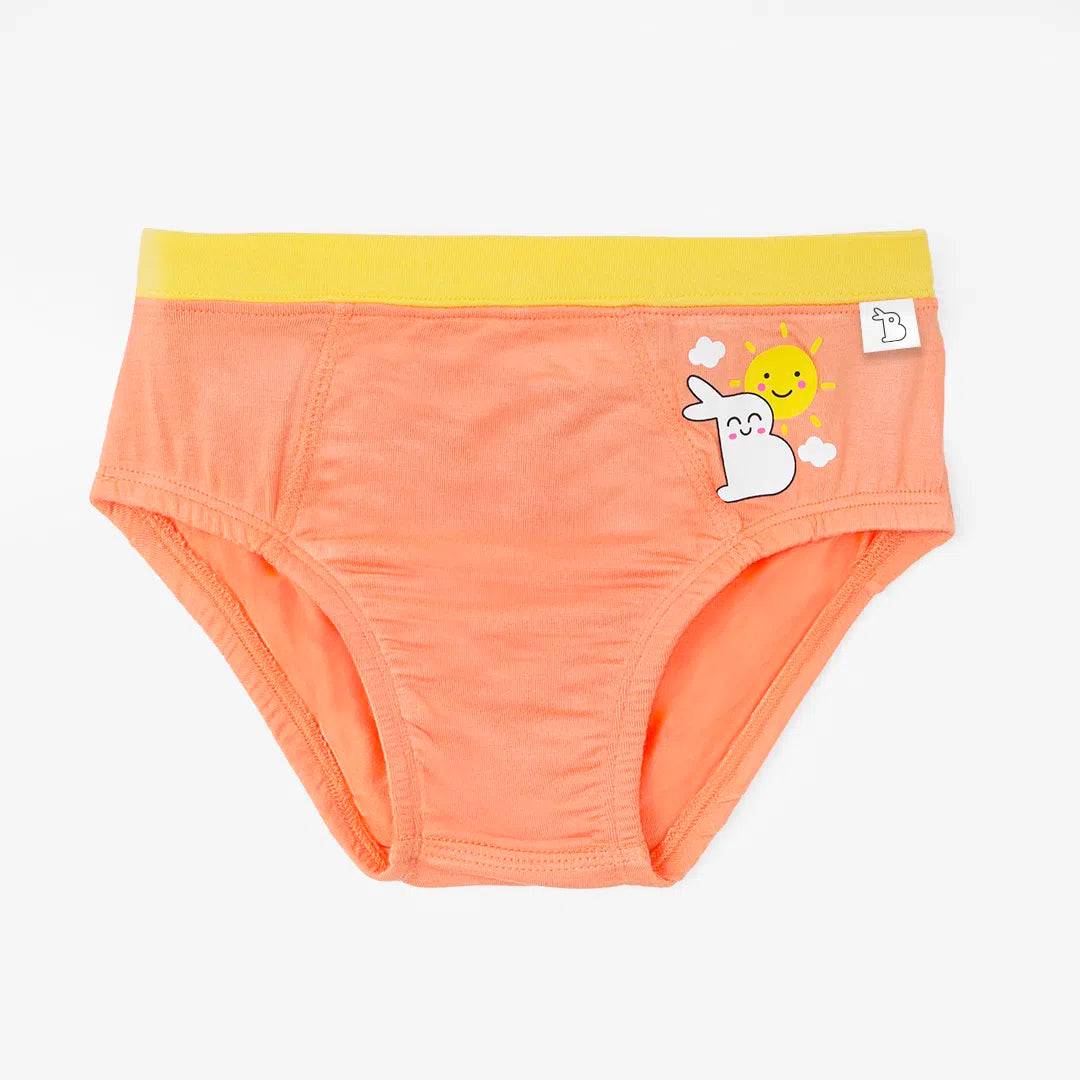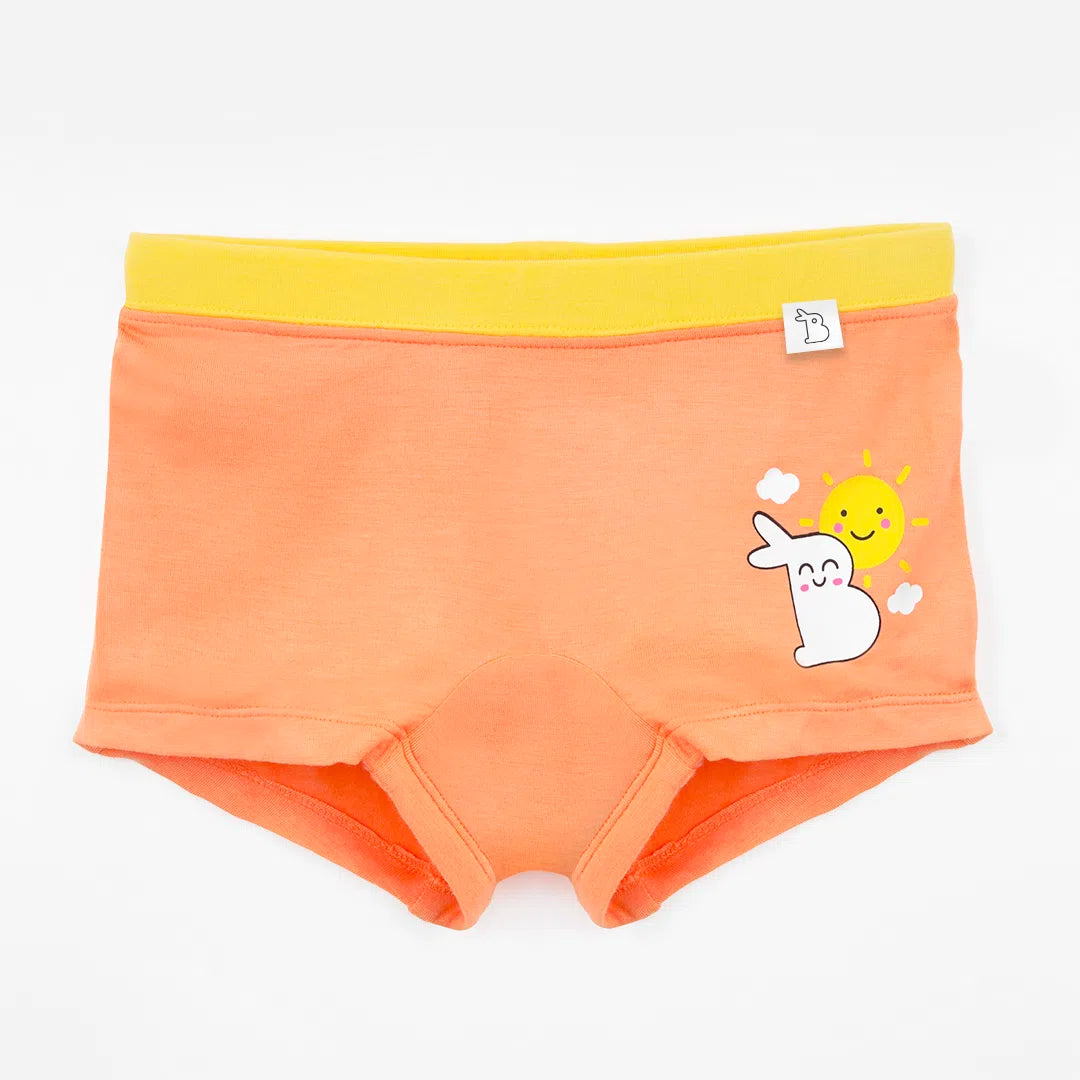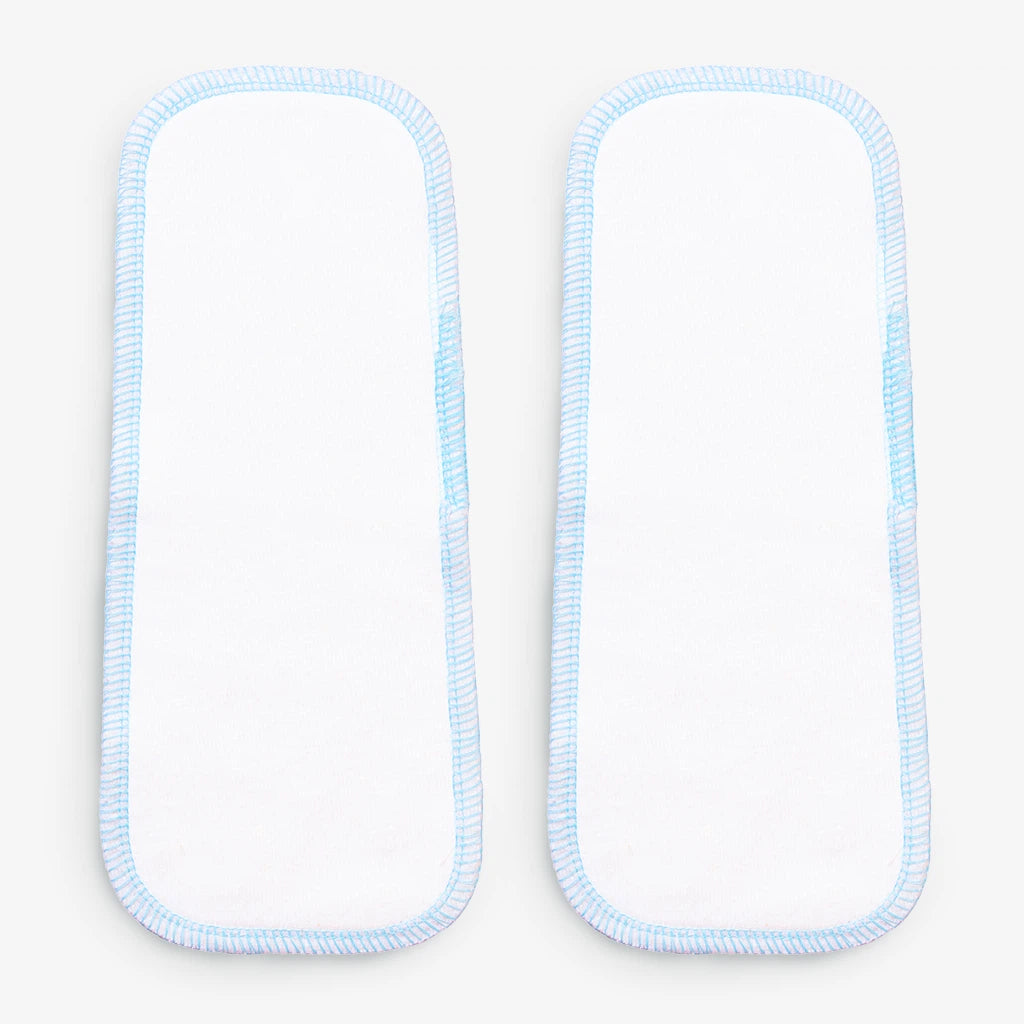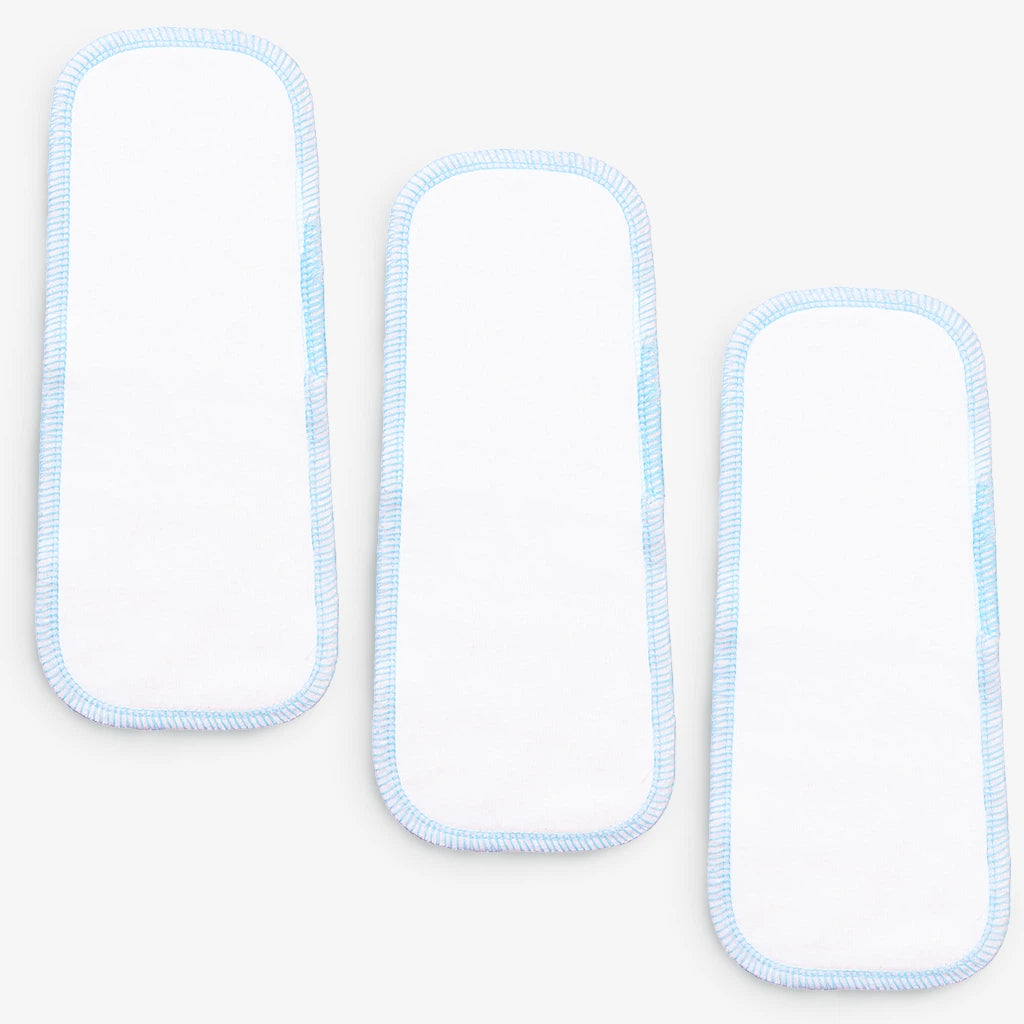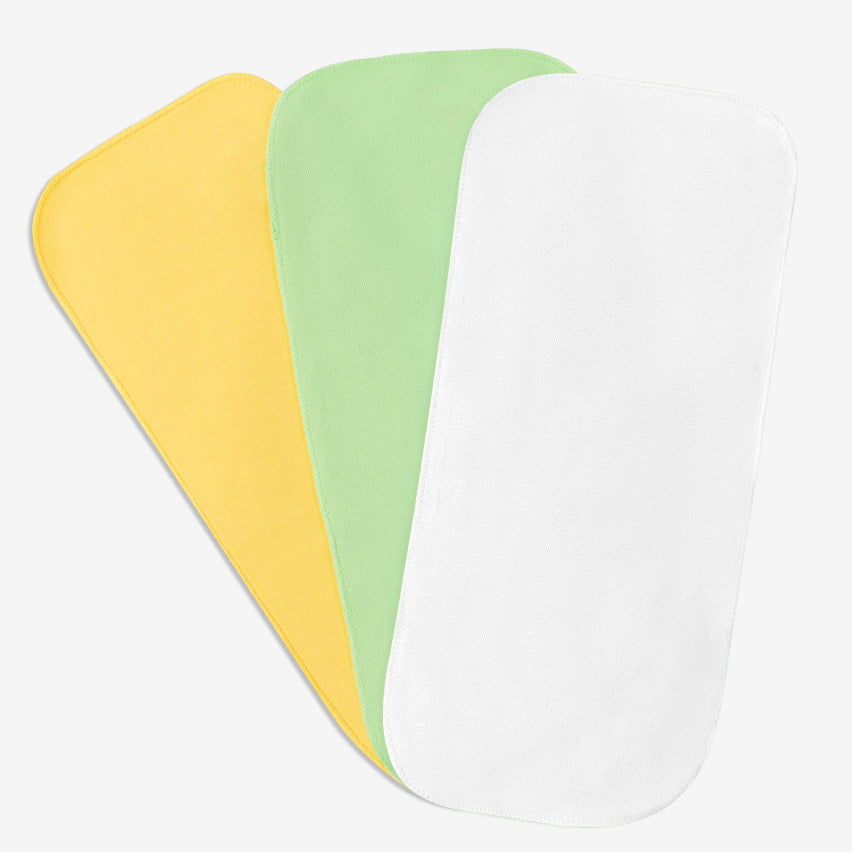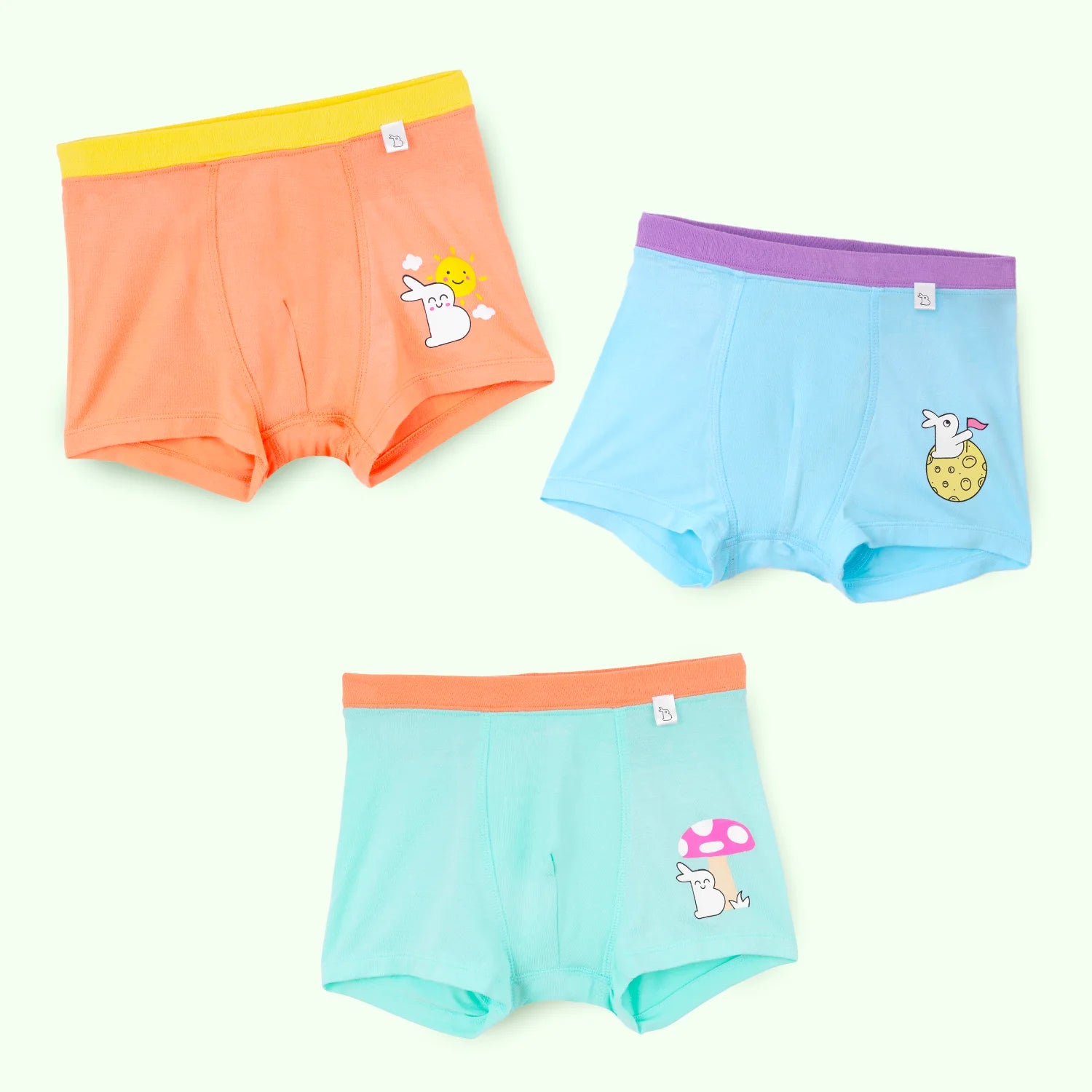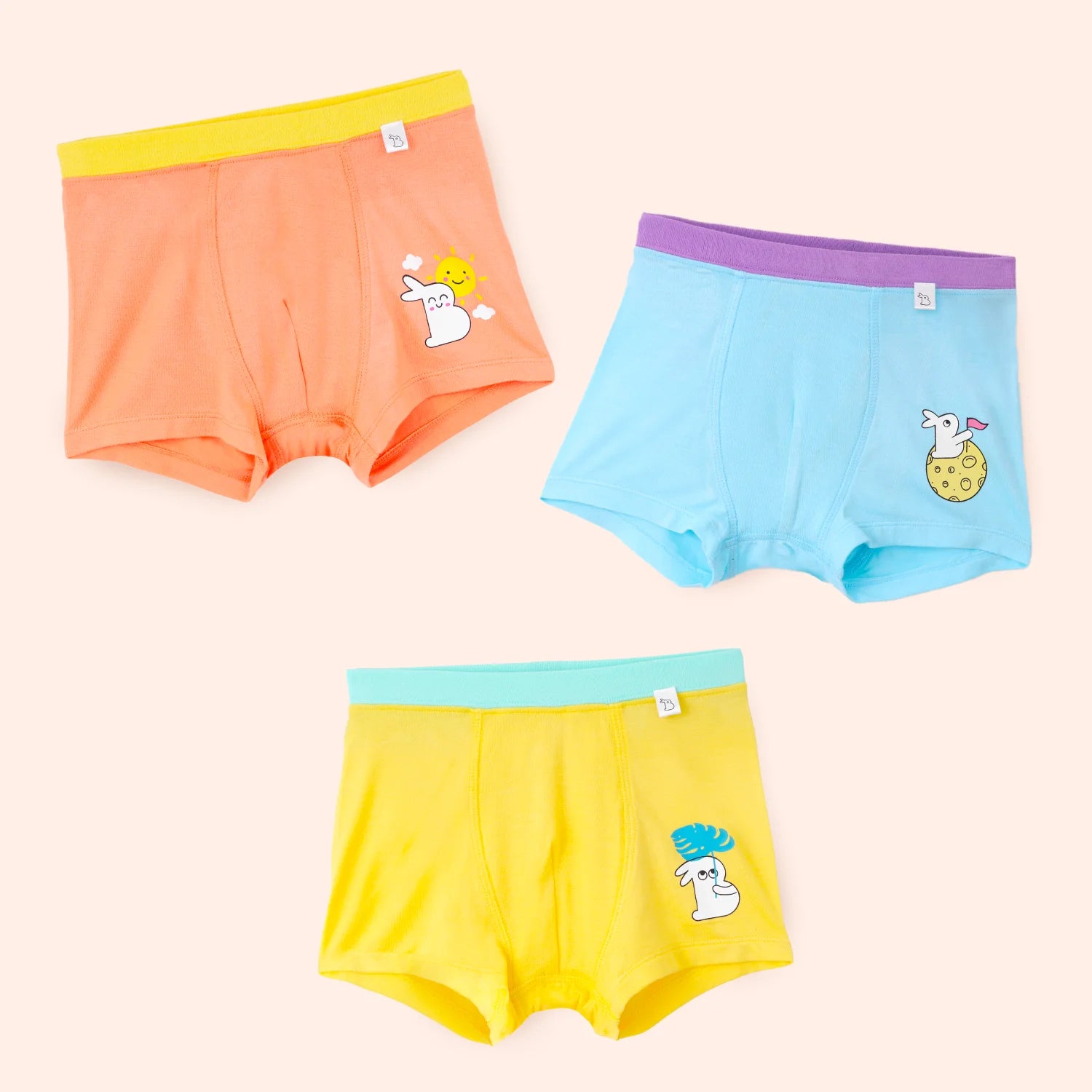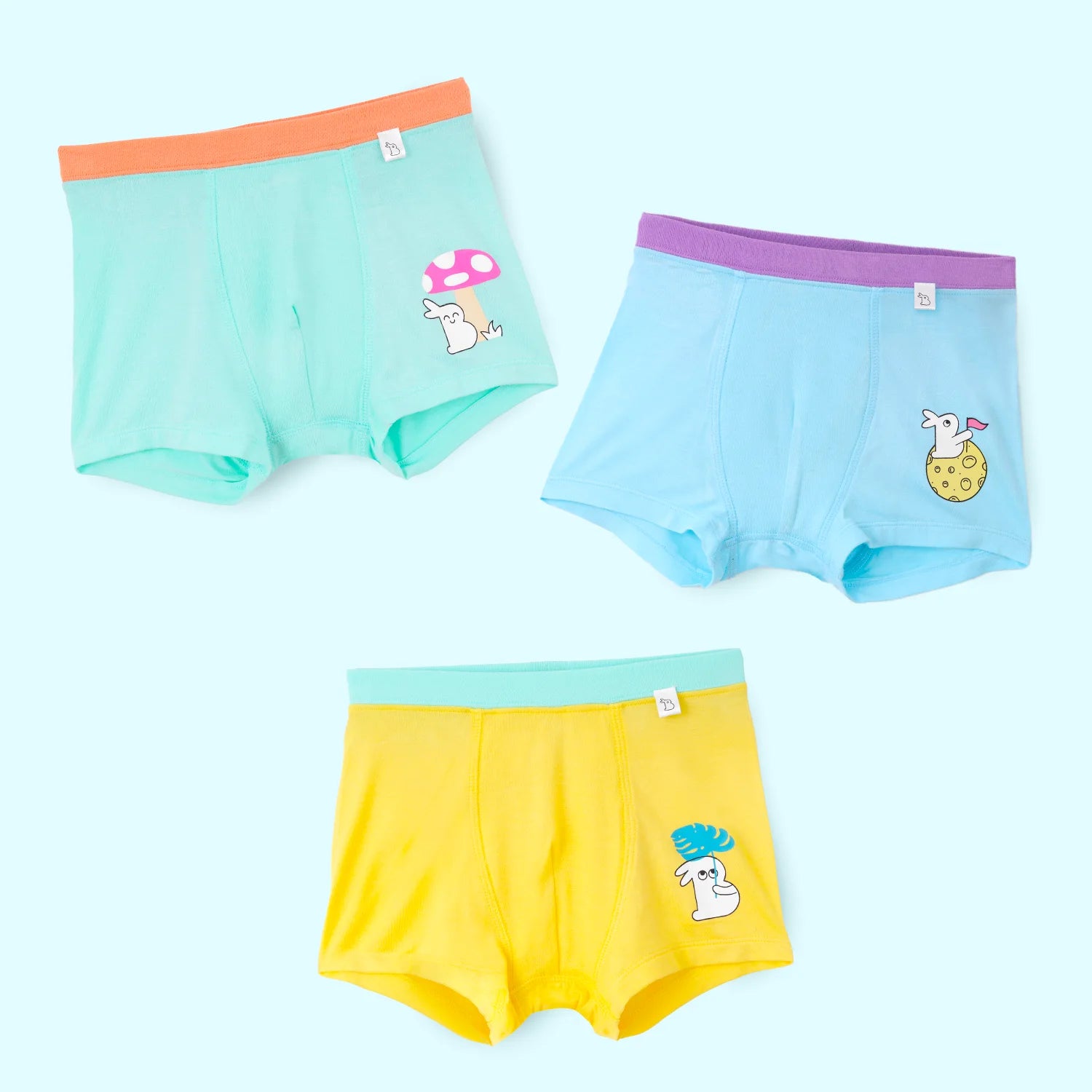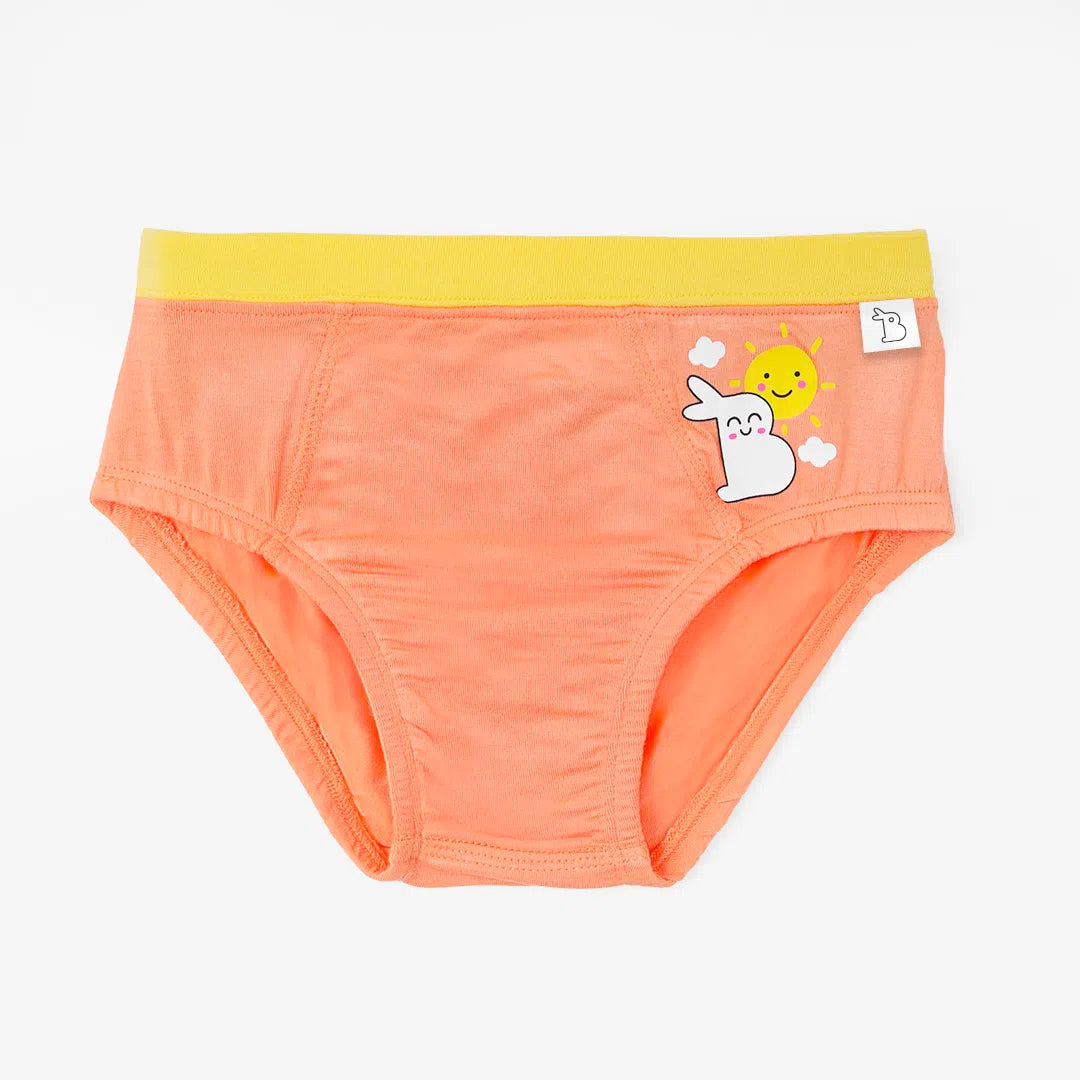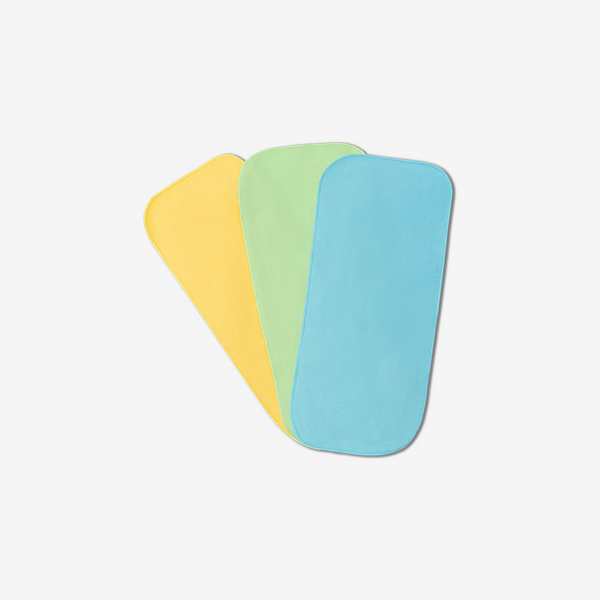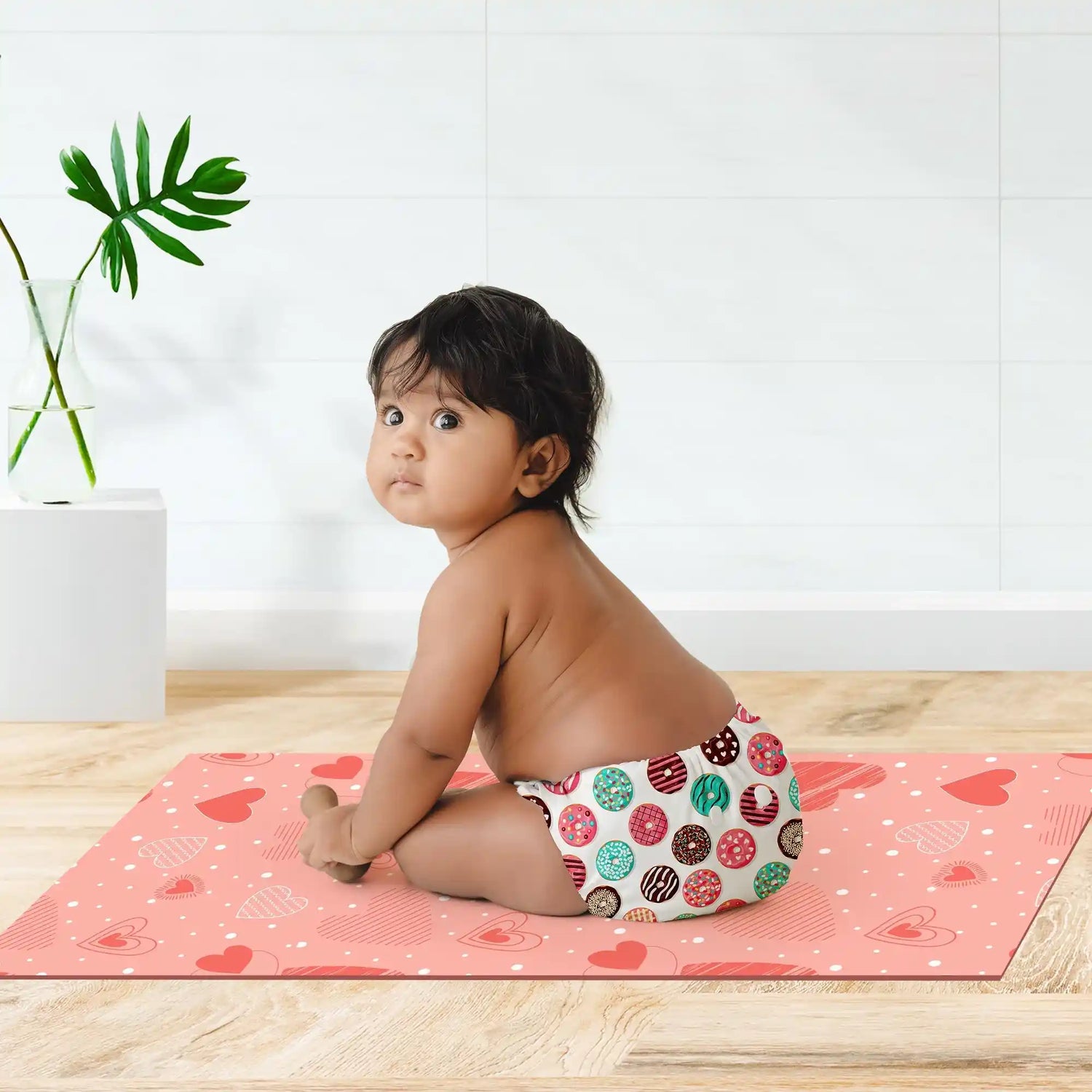- Introduction
- Understanding Your Baby's Nutritional Needs
- Best Solid Foods for 9 a 9-month-old baby
- Tips for Feeding a 9-Month-Old Baby
- 9-Month-Old Baby Food Recipes
- Addressing Common Concerns
- Key Takeaways
- FAQs
- Message from SuperBottoms
As your baby approaches their ninth month, it's time to expand their diet beyond breast milk or formula and introduce solid foods. This transition is crucial for their growth and development, providing essential nutrients and preparing them to eat a variety of foods.
This article by SuperBottoms offers a comprehensive guide to the best solid foods for 9-month-old babies. We will explore the nutritional needs of this age group, provide delicious recipe ideas, and offer practical tips for feeding your little one. By the end of this blog, you will clearly understand how to nourish your baby with healthy and wholesome foods.
Understanding Your Baby's Nutritional Needs
There are some must-haves for a 9-month baby food chart. Here is the list of inclusions for your 9-month baby food chart.
Essential Nutrients for 9-Month-Old Babies
At 9 months old, your baby is growing rapidly and needs various nutrients to support their development. Some essential nutrients include:
- Iron: Iron is crucial for brain development and red blood cell production.
- Calcium: Calcium is necessary for bone and teeth development.
- Vitamin D: Vitamin D helps with calcium absorption and bone health.
- Zinc: Essential for immune function and growth.
- Protein: Protein is needed for tissue growth and repair.
- Carbohydrates: Carbohydrates provide energy for your baby's activities.
- Fats: Healthy fats are essential for brain development and energy.
Recommended Daily Intake for Various Food Groups
While specific recommendations may vary slightly, here are some general guidelines for your 9-month-old baby's daily intake:
- Fruits: 1/4 to 1/2 cup
- Vegetables: 1/4 to 1/2 cup
- Grains: 1/4 to 1/2 cup
- Protein: 2-4 ounces
- Dairy: 1 cup (if not breastfeeding)
Signs of Adequate Nutrition and Growth
- Weight gain: Your baby should be gaining weight steadily.
- Length and height: Your baby should be growing at a healthy rate.
- Good appetite: Your baby should be healthy and interested in eating.
- Active and alert: A well-nourished baby is typically active, alert, and curious.
Consult your paediatrician if you have concerns about your baby's nutrition or growth. They can provide personalised advice and monitor your baby's development.
Best Solid Foods for 9 a 9-month-old baby
Here is the list of the best 9-month baby food
1. Fruits
- Soft fruits: Bananas, avocados, pears, and peaches are excellent options for 9-month-old babies due to their smooth texture and mild flavour.
- Introduce one at a time: To monitor for allergies, introduce one new fruit at a time and wait a few days before introducing another.
2. Vegetables
- Cooked vegetables: Offer a variety of cooked vegetables, such as carrots, sweet potatoes, peas, and green beans. These are packed with nutrients and can be mashed or pureed easily.
- Colourful options: Encourage your baby to try different colours of vegetables to ensure they receive a wide range of nutrients.
3. Grains
- Iron-fortified cereals: Iron-fortified cereals are a great way to introduce grains into your baby's diet while providing essential nutrients.
- Soft-cooked grains: Offer soft-cooked rice, pasta, and bread as your baby's tolerance for textures improves.
4. Proteins
- Lentil dal and chickpea curry: These vegetarian protein sources are packed with nutrients and can be easily incorporated into your baby's meals.
- Tofu and mashed beans: Offer them as alternative protein options.
- Avoid choking hazards: Be cautious of nuts and small seeds, as they can pose a choking hazard for young children.
5. Dairy
- Yoghurt and cheese: Introduce them gradually to ensure your baby is not allergic to dairy products.
- Milk (if not breastfeeding): If you are not breastfeeding, you can introduce whole milk around 12 months. Consult with your paediatrician for specific recommendations.
Remember to introduce new foods one at a time and observe your baby for any signs of allergies or sensitivities to 9-month baby food. By offering a variety of fruits, vegetables, grains, proteins, and dairy, you can ensure your 9-month-old baby receives the essential nutrients they need for healthy growth and development.
Tips for Feeding a 9-Month-Old Baby
Encourage Self-Feeding
- Offer finger foods: Give your baby soft, bite-sized finger foods to encourage self-feeding.
- Use utensils: Introduce spoons and forks to help your baby learn to feed themselves.
- Be patient: Allow your baby time to explore and learn new feeding skills.
Watch for Signs of Fullness
- Cues of fullness: Pay attention to your baby's cues, such as turning away from food, pushing the spoon away, or closing their mouth.
- Respect their appetite: Allow your baby to eat until they are satisfied.
Avoid Overfeeding
- Listen to their cues: Pay attention to your baby's hunger and fullness cues.
- Avoid forcing food: Don't force your baby to eat more than they want.
Introduce New Foods Gradually
- One at a time: Introduce each new food to monitor for allergies or sensitivities.
- Wait a few days: Wait a few days before introducing another new food to observe your baby's reaction.
Following these tips can create a positive and enjoyable feeding experience for your 9-month-old baby. Remember, patience and encouragement are key.
9-Month-Old Baby Food Recipes
Simple and Easy-to-Prepare 9-Month-Old Baby Food Recipes
1. Avocado Mash:
- Mash a ripe avocado until smooth.
- Add a few drops of breast milk or formula for extra creaminess.
2. Sweet Potato Puree:
- Cook sweet potato until tender, then mash or puree.
- Add a little breast milk or formula for a smoother texture.
3. Lentil Dal:
- Cook lentils until tender, then mash or puree.
- Add a pinch of turmeric and cumin for flavour.
4. Apple and Banana Puree:
- Steam or cook apples and bananas until soft, then mash or puree.
5. Vegetable Medley:
- Steam or cook various vegetables, such as carrots, peas, and green beans.
- Mash or puree and combine for a colourful and nutritious meal.
Tips for Making Homemade Baby Food
- Cook thoroughly: Ensure all vegetables and grains are cooked to avoid choking hazards.
- Avoid added salt and sugar: Keep your baby's food bland and avoid adding excessive salt or sugar.
- Store properly: Store homemade baby food in airtight containers in the refrigerator for up to 3 days or in the freezer for up to 3 months.
- Label and date: Label and date all homemade baby food for easy reference.
Ideas for Combining Different Food Groups
- Fruit and vegetable mash: Combine mashed fruits and vegetables for a colourful and nutritious meal.
- Grain and protein combo: Mix cooked grains like rice or pasta with protein-rich foods like lentils or beans.
- Dairy and fruit smoothie: Blend yoghurt, fruit, and a little liquid for a nutritious and refreshing snack.
- Vegetable and cheese omelette: Make a mini omelette with vegetables and cheese for a protein-packed meal.
By following these tips and experimenting with different combinations, you can create delicious and nutritious homemade baby food that will nourish your 9-month-old.
|
Limited Time Offers + Special Gift Sets! Now or never Super SALE is live on the SuperBottoms website! Take advantage of unbeatable value deals on our UNO Cloth Diapers, Baby Essentials, and more. Looking for the perfect present for a newborn or a toddler? Explore our thoughtfully curated Gift Sets & Combos — safe, skin-friendly, and oh-so-cute! A bundle of love for little ones and a delight for parents. HURRY — Deals and Gift Packs are live only till stocks last. Don’t miss the chance to stock up & share the joy! |
Addressing Common Concerns
1. Allergies and Sensitivities
- Monitor for signs of allergies: Watch for symptoms such as hives, swelling, difficulty breathing, or gastrointestinal problems after introducing new foods.
- Consult with your paediatrician: If you suspect your baby may have a food allergy, consult with your paediatrician for advice.
- Delay allergens: Some common allergens, such as nuts, eggs, and seafood, can be introduced later in your baby's diet.
2. Choking Hazards
- Avoid small, hard foods: Avoid offering your baby small, hard foods that could pose a choking hazard, such as nuts, seeds, and popcorn.
- Cut food into small pieces: Cut food into small, bite-sized pieces that are easy for your baby to chew and swallow.
- Supervise feeding: Always supervise your baby while eating to prevent choking.
Food Aversions
- Be patient: It's common for babies to develop food aversions. Be patient and continue to offer a variety of foods.
- Offer different preparations: Try different cooking methods or seasonings to make foods more appealing.
- Involve your baby in the preparation: Let your baby help with meal preparation, such as stirring or mixing ingredients.
By addressing these common concerns and following the guidelines, you can ensure your 9-month-old baby receives a healthy, balanced diet.
Key Takeaways
- A diverse and balanced diet is essential for a 9-month-old baby's growth and development. Incorporating a variety of fruits, vegetables, grains, proteins, and dairy into your baby's meals can provide them with the nutrients they need.
- Introducing new foods gradually and monitoring for allergies is crucial. Offer one new food at a time and watch for any signs of adverse reactions.
- Creating a positive feeding environment and encouraging self-feeding can foster healthy eating habits in your baby. Let your baby explore different textures and flavours, and avoid forcing them to eat.
Message from SuperBottoms
Hi there, new parents! SuperBottoms brings you doctor-recommended cloth diapers — the best rash-free diapering solution for your baby’s sensitive and delicate skin. Unlike disposable diapers loaded with chemicals, our newborn cloth diapers, when used and washed properly, can help eliminate the risk of diaper rashes. SuperBottoms offers a wide range of safe, skin-friendly essentials for the whole family — including Reusable Cloth Diapers, Diaper Pants, DryFeel langots for diaper-free time, Padded Underwear for potty training, SuperSoft Underwear for everyday comfort, Joggers for playful days, and Period Underwear for women. Not just for everyday use, SuperBottoms products also make the best gifting choice for babies — thoughtful, eco-friendly, practical, and loved by parents. Now available on Amazon, Myntra, Flipkart, FirstCry, Zepto, Swiggy and Blinkit.
Reference Links
1. Introduction of Solid Food to Young Infants
2. Foods, Tips, and Meal Plan for Feeding Your 9-Month-Old




















